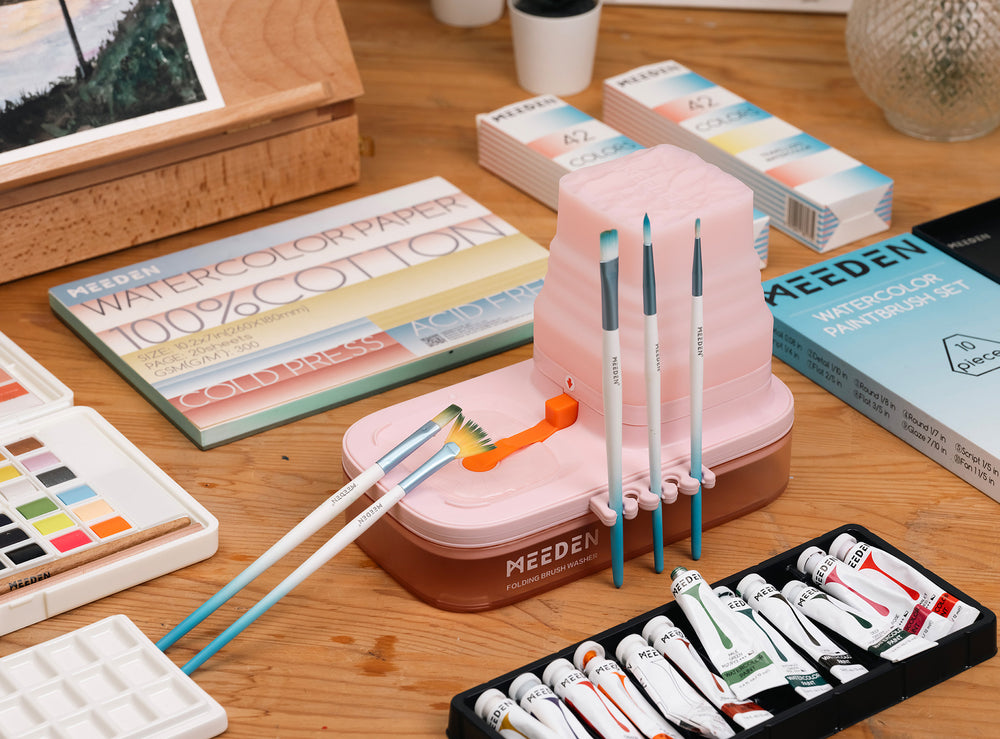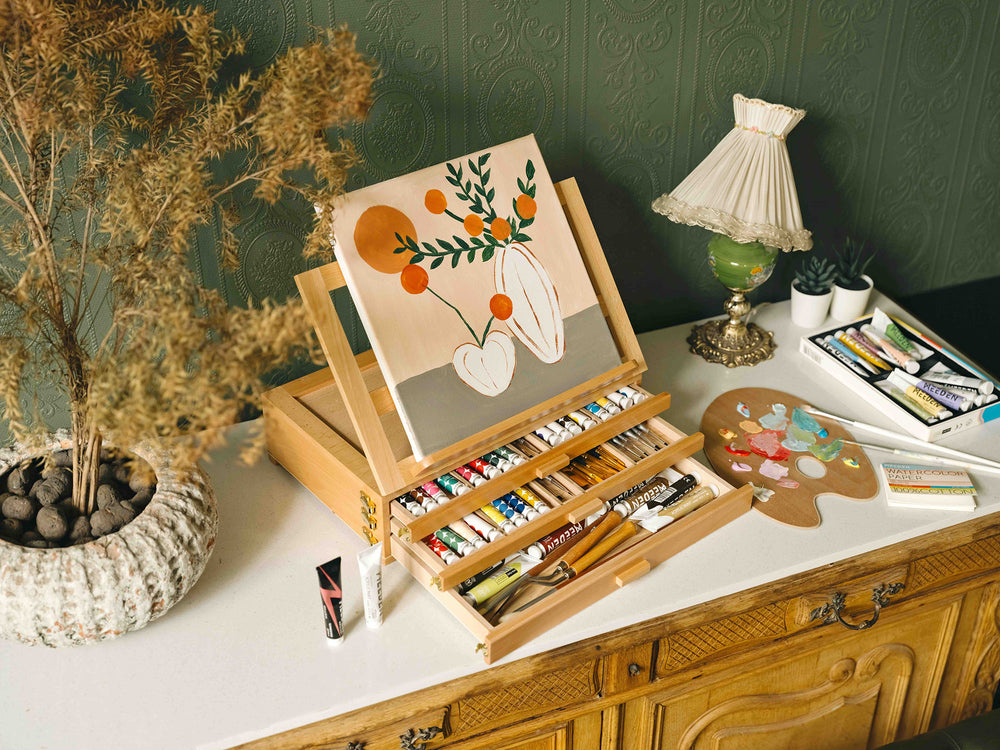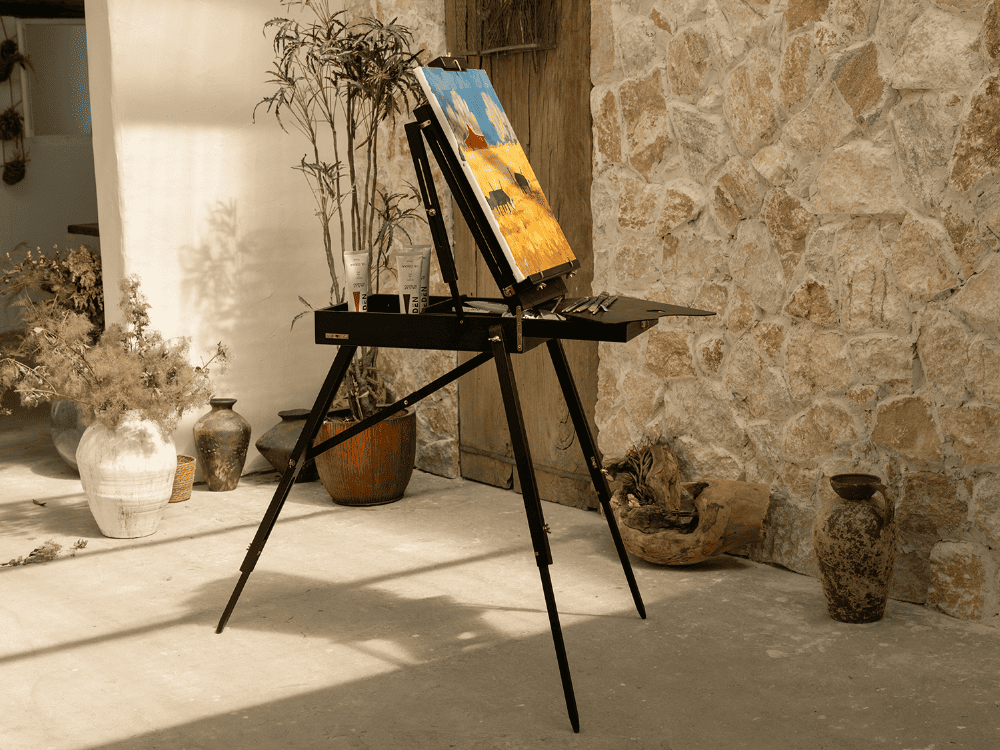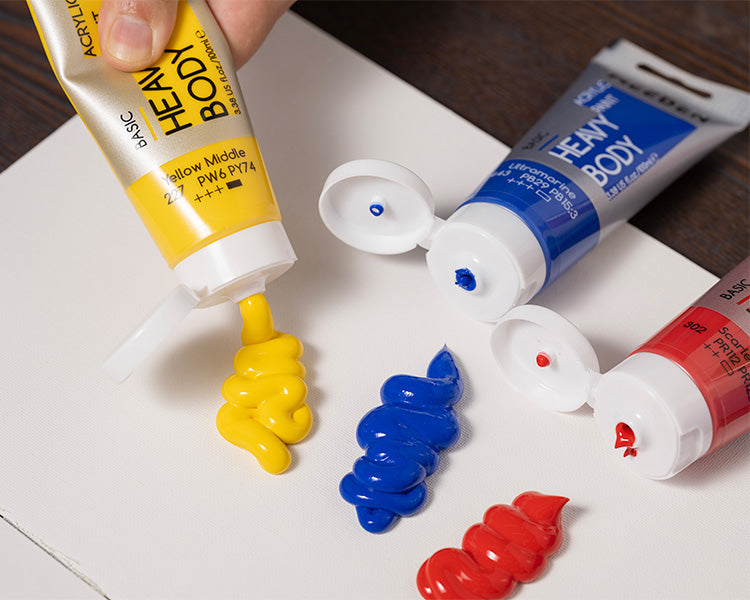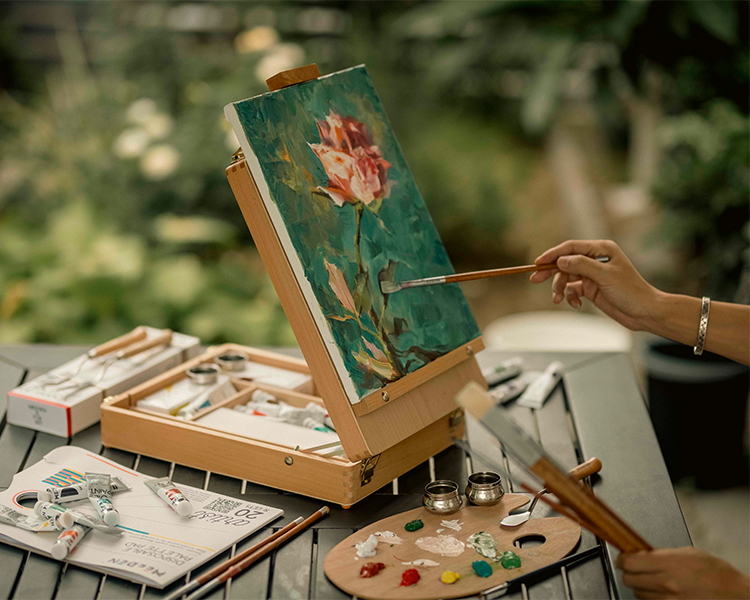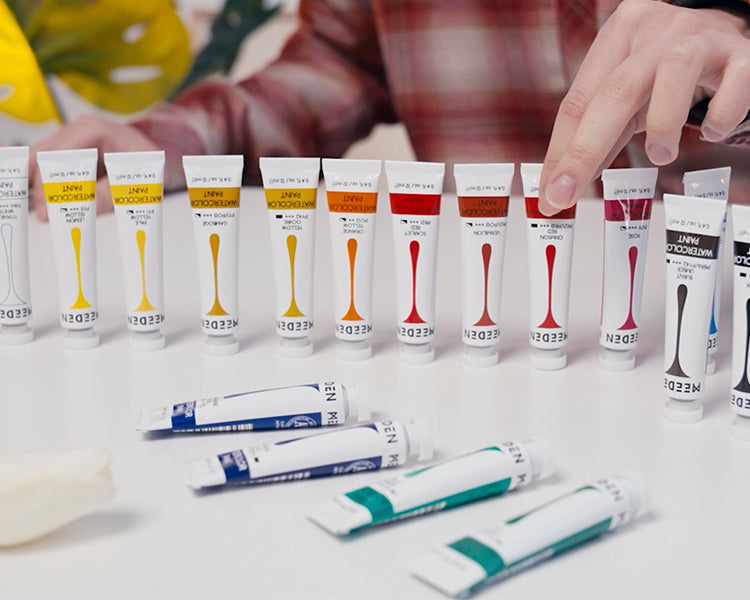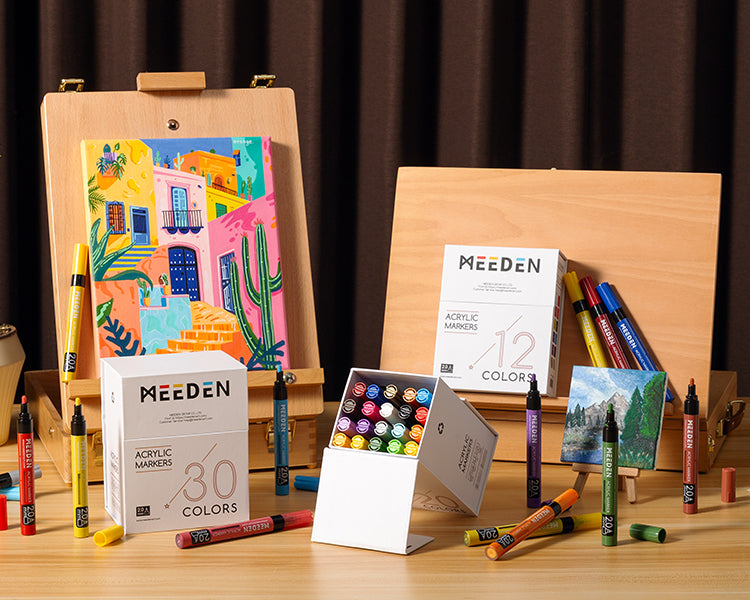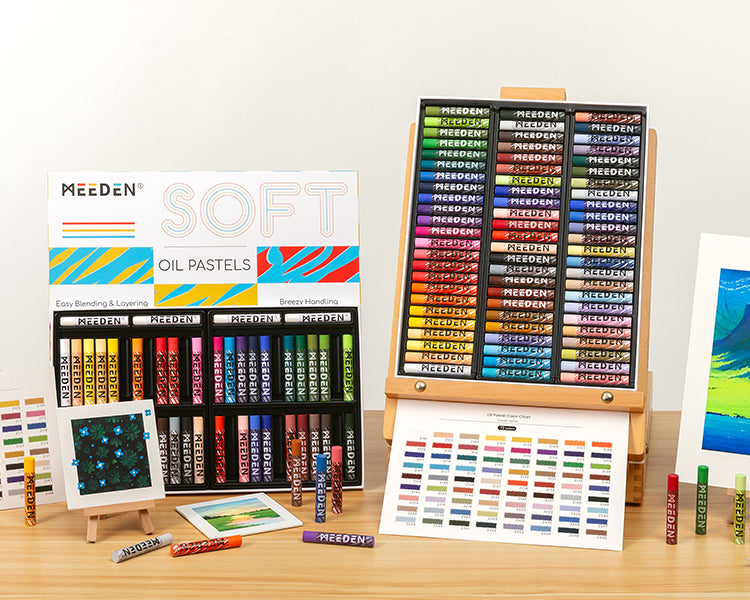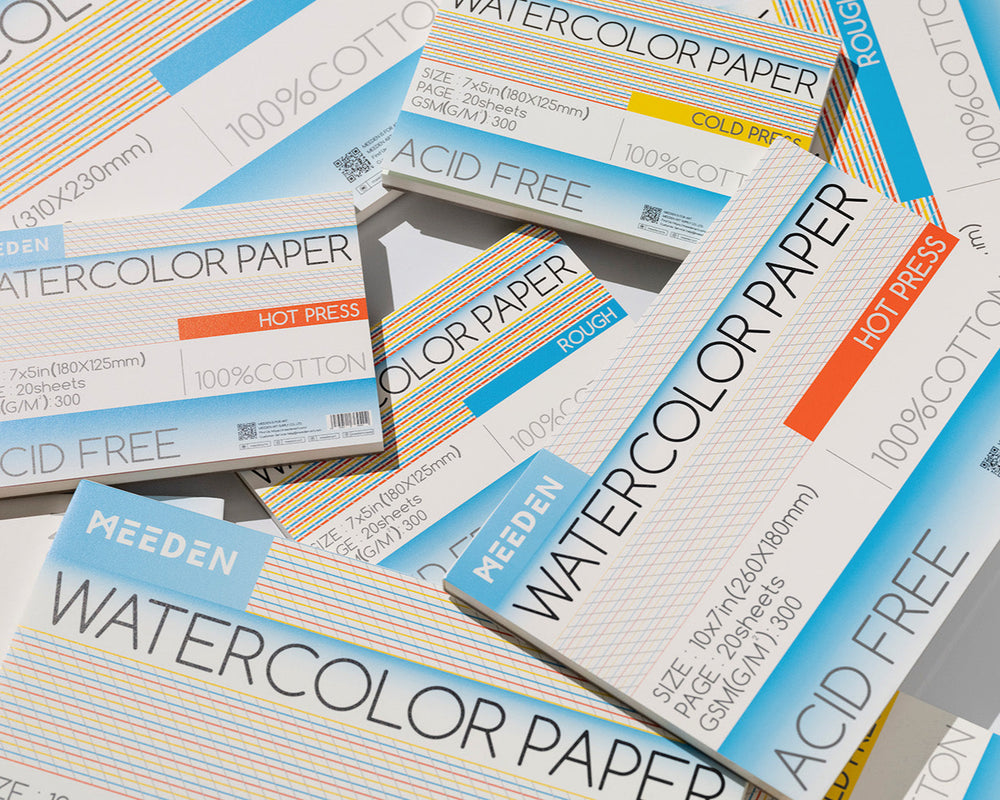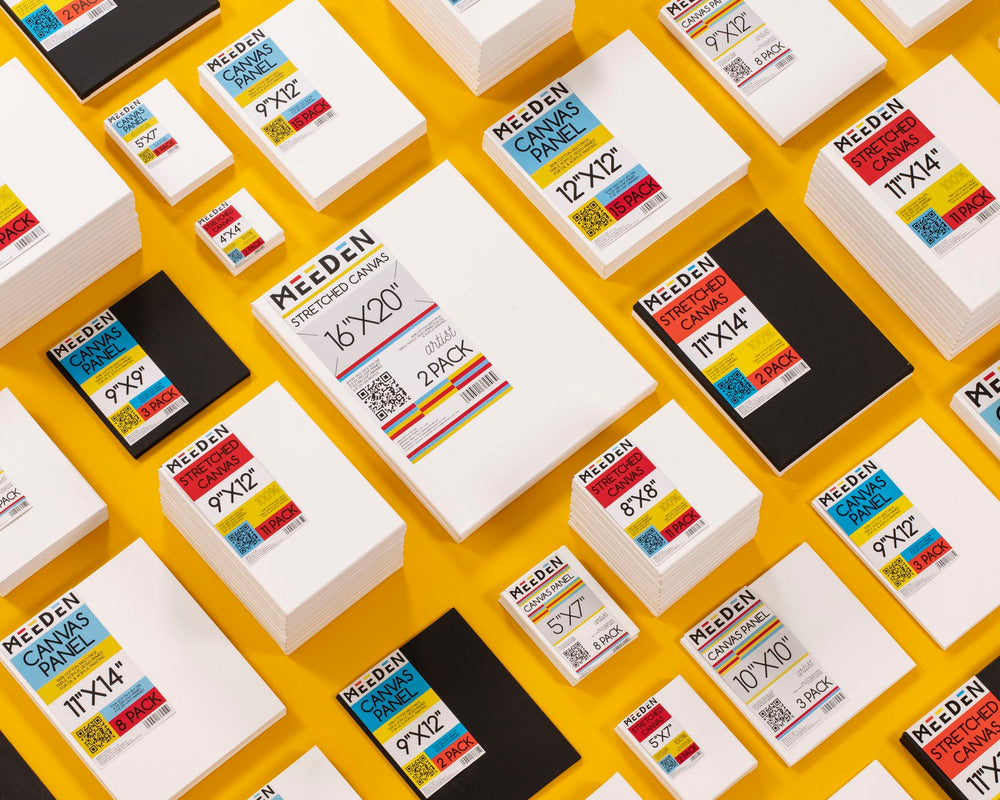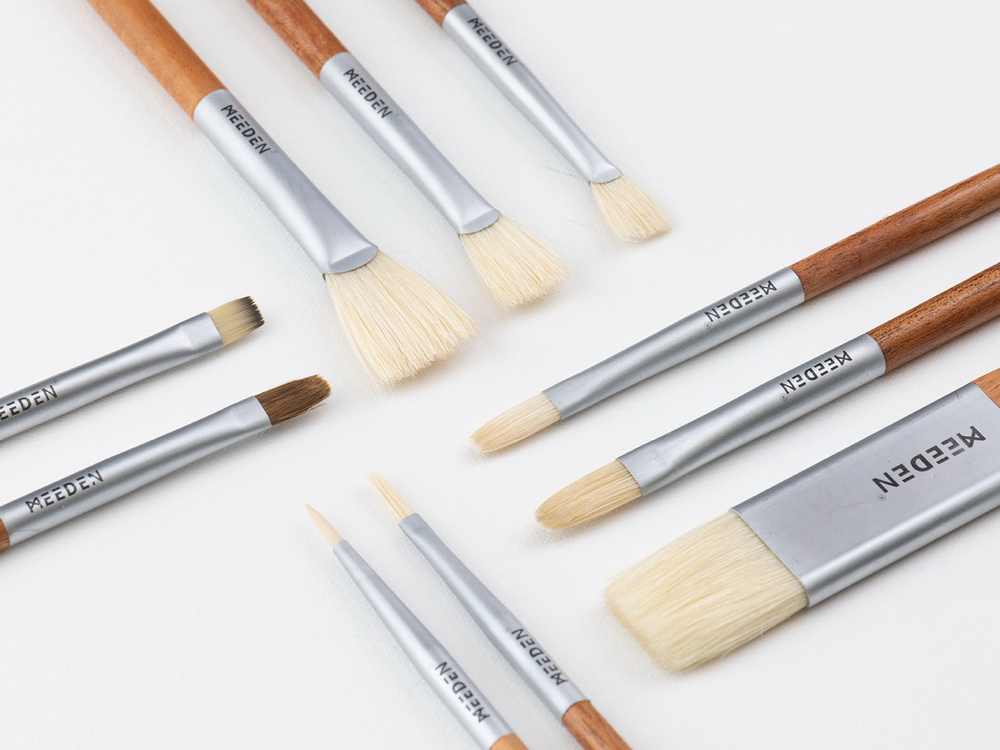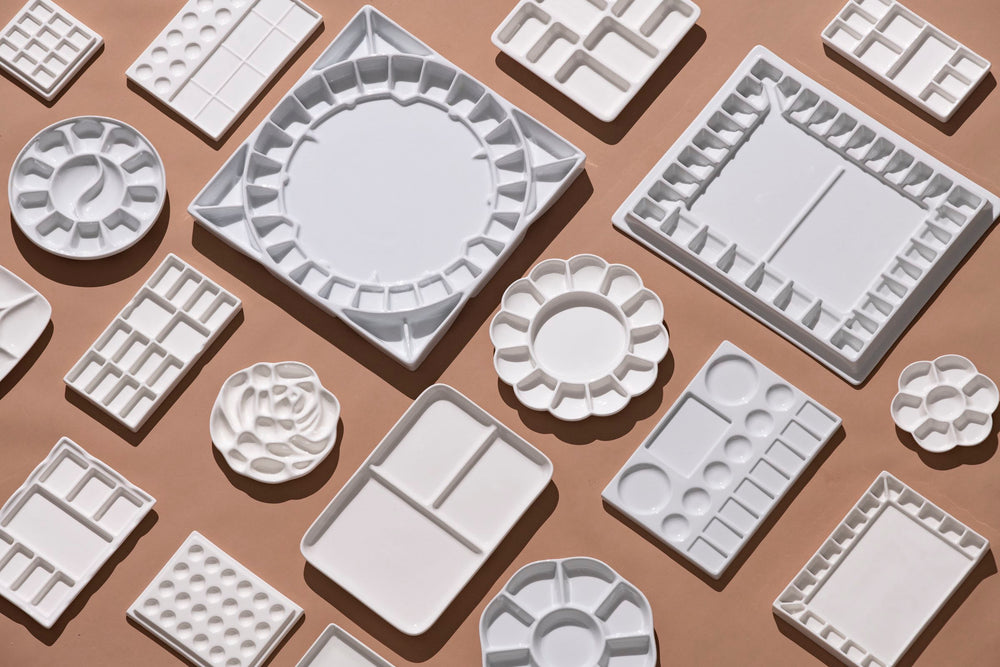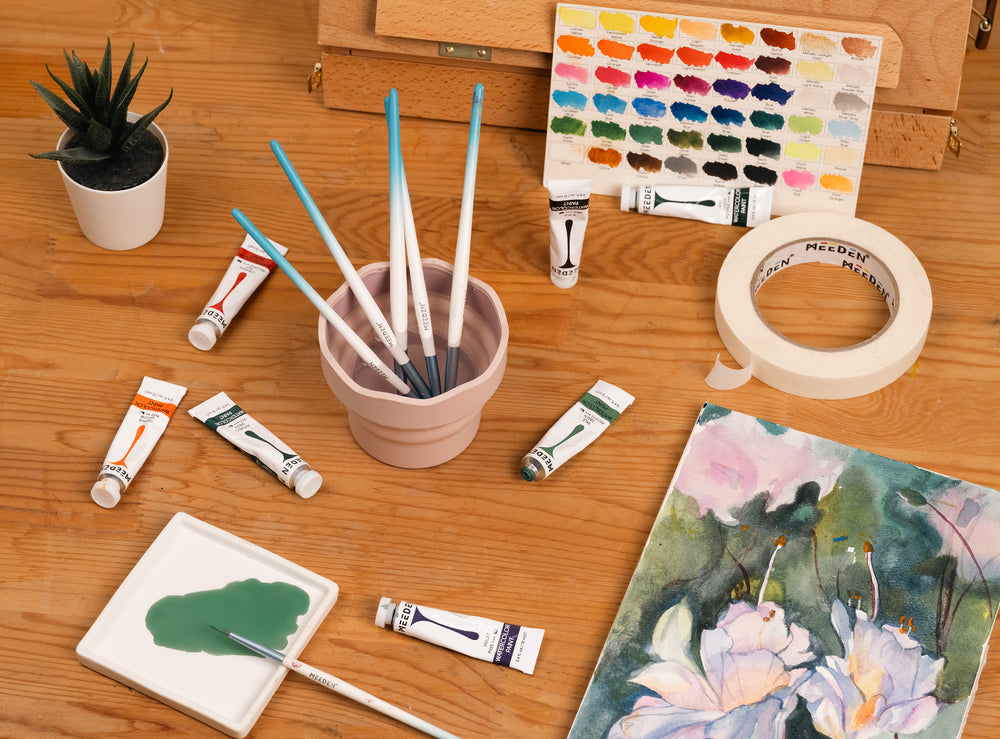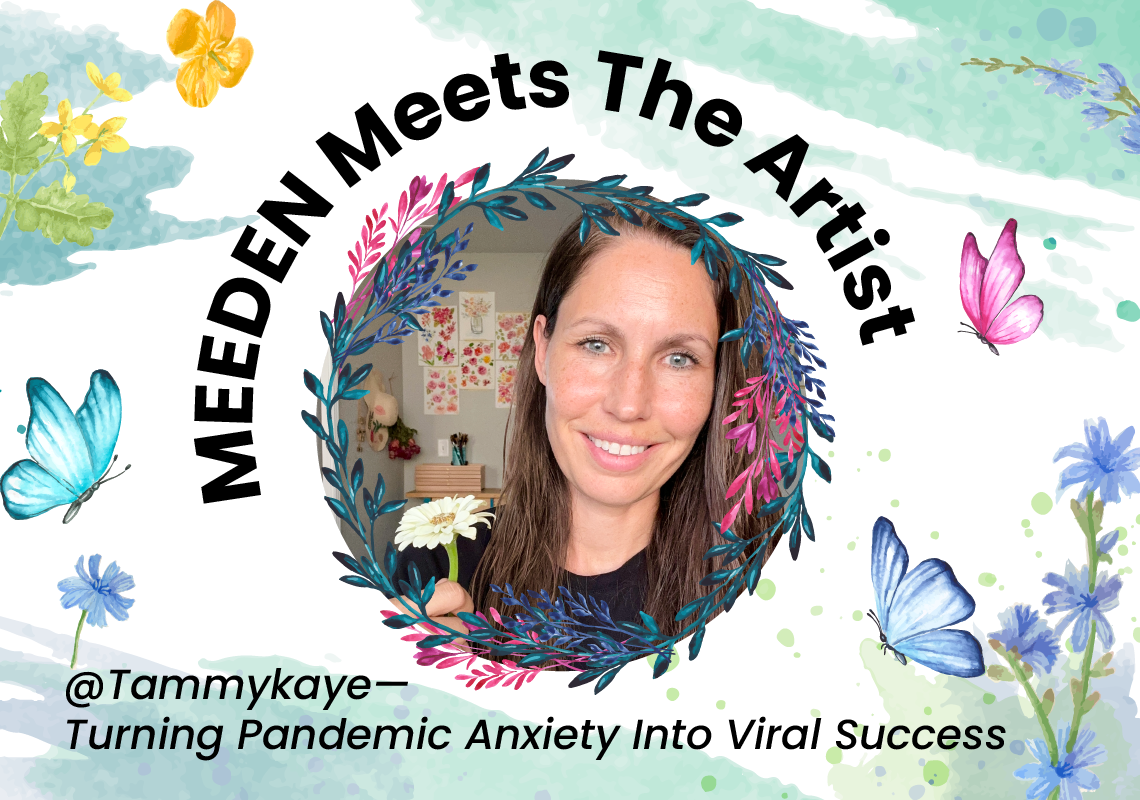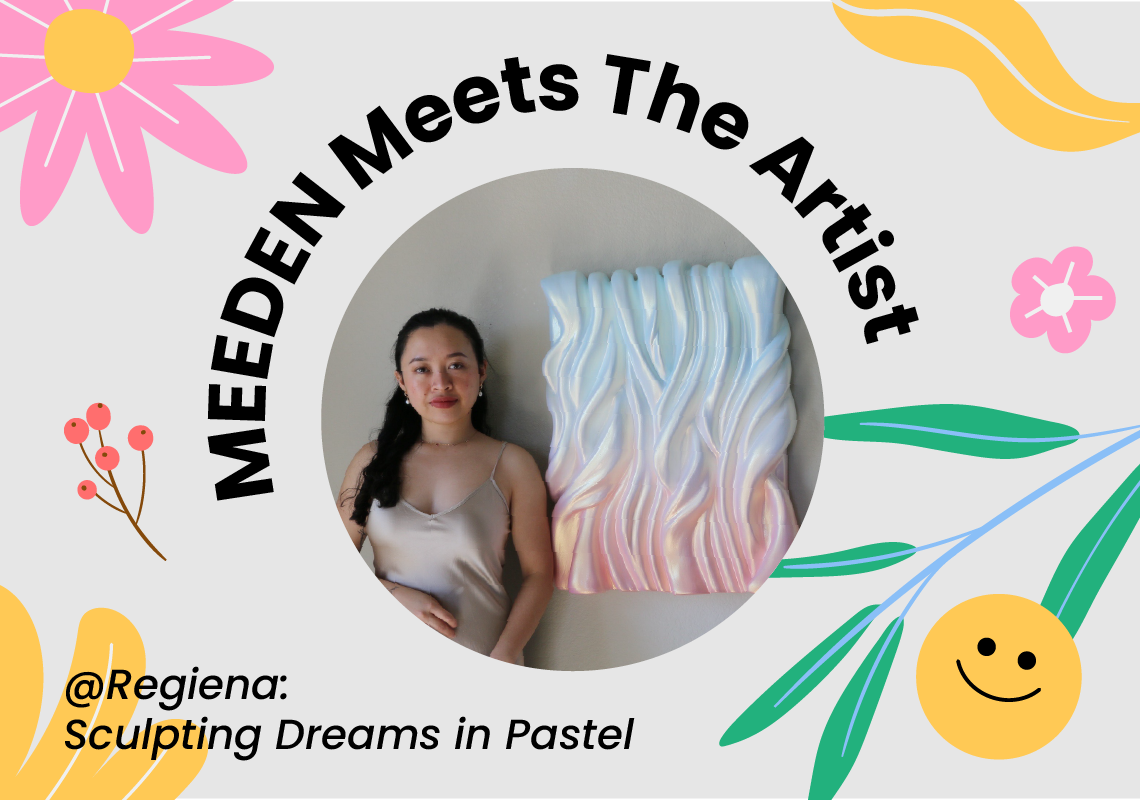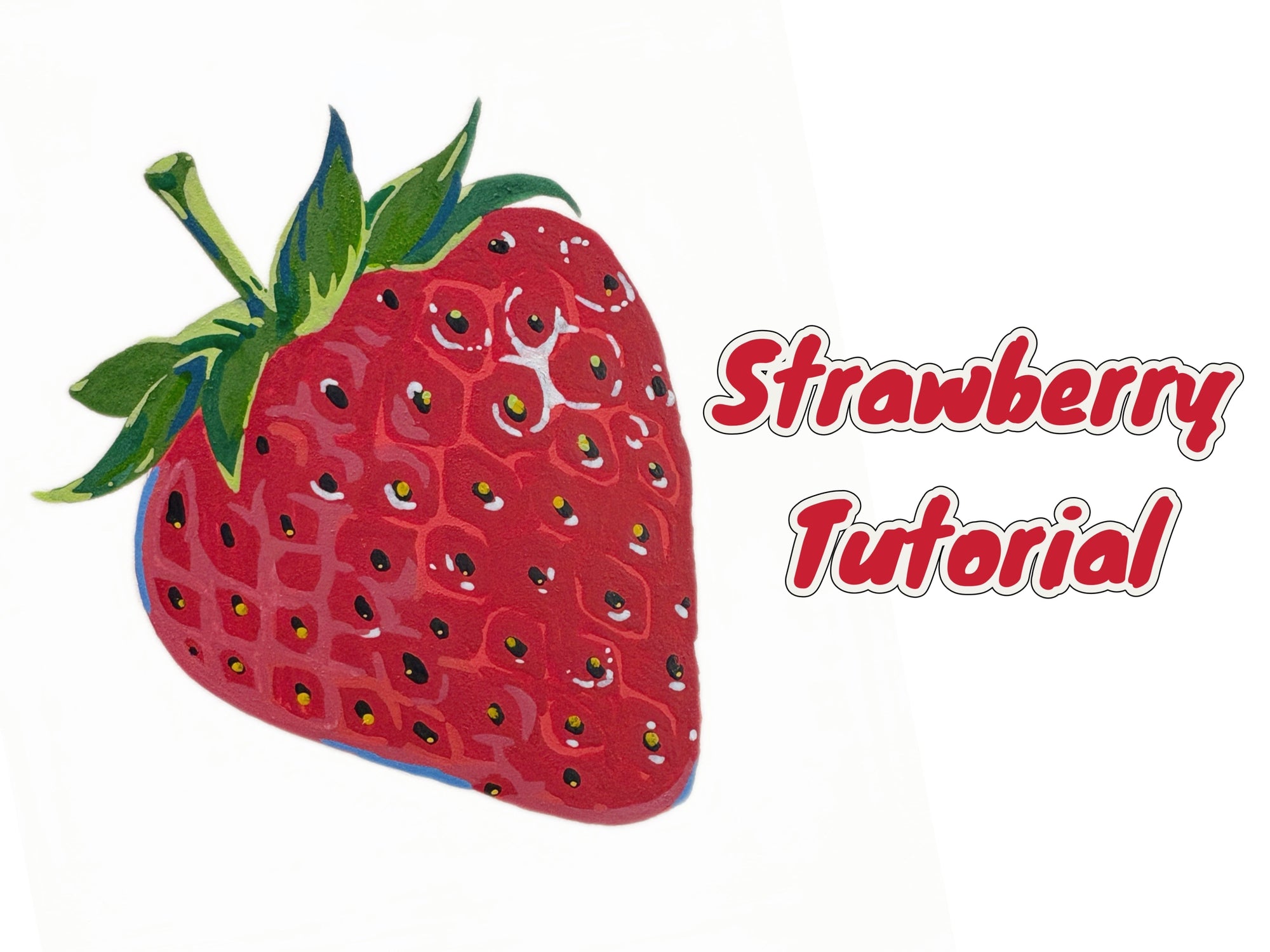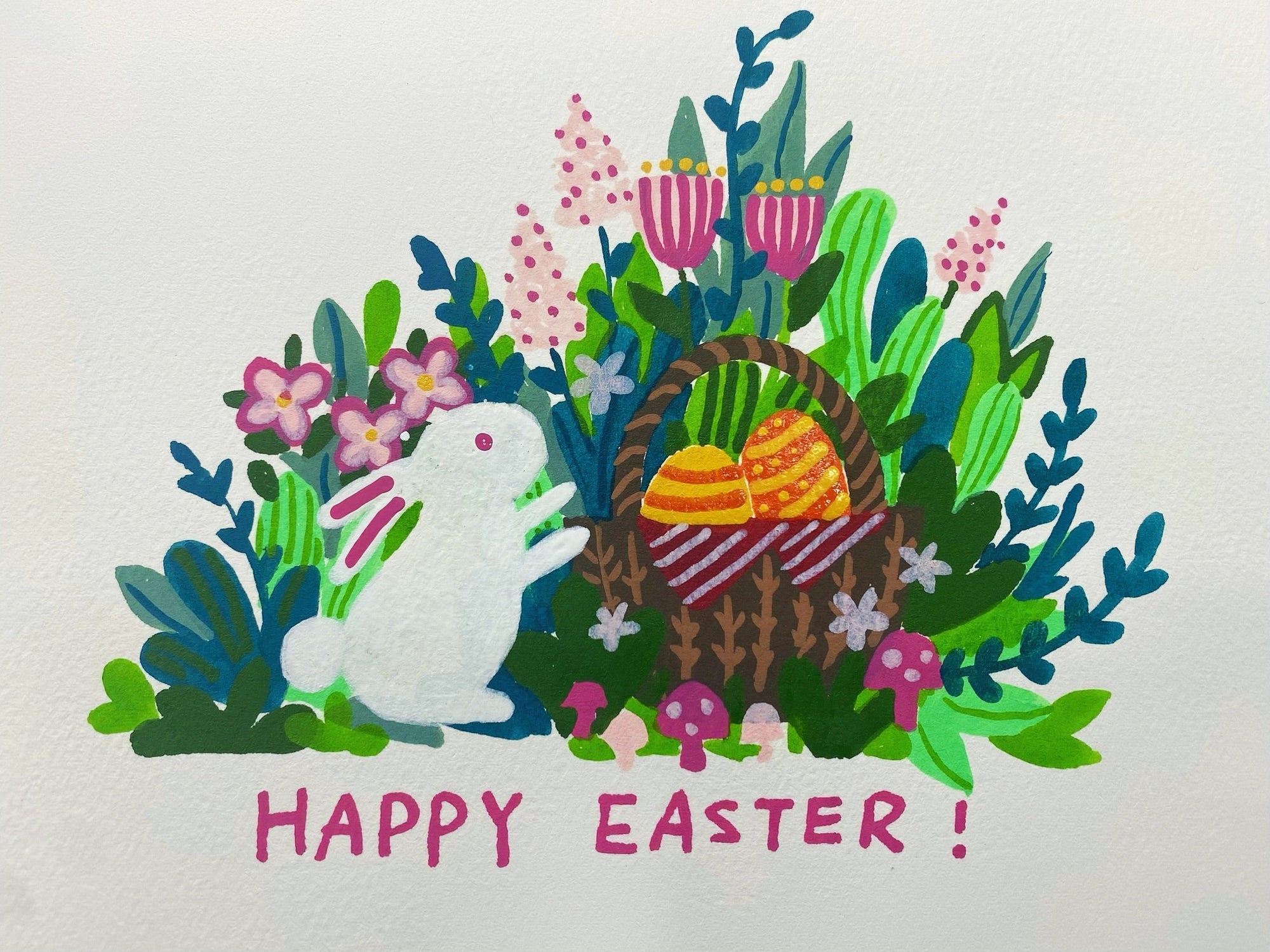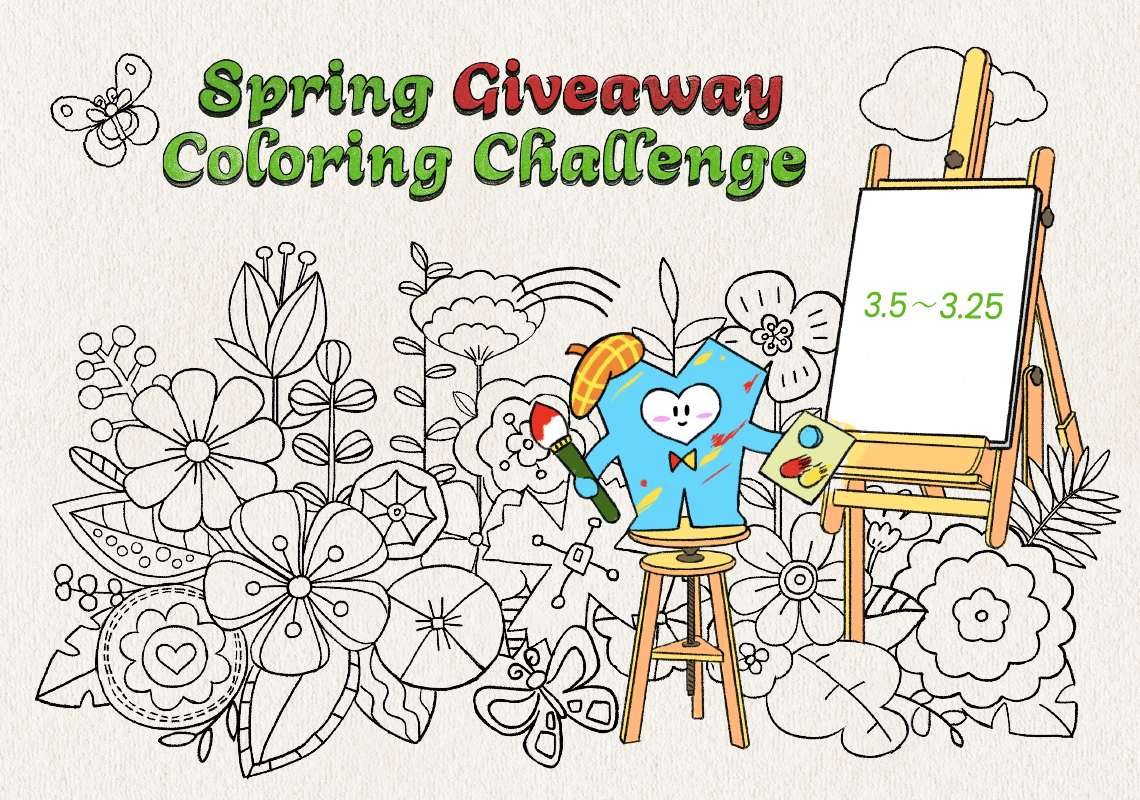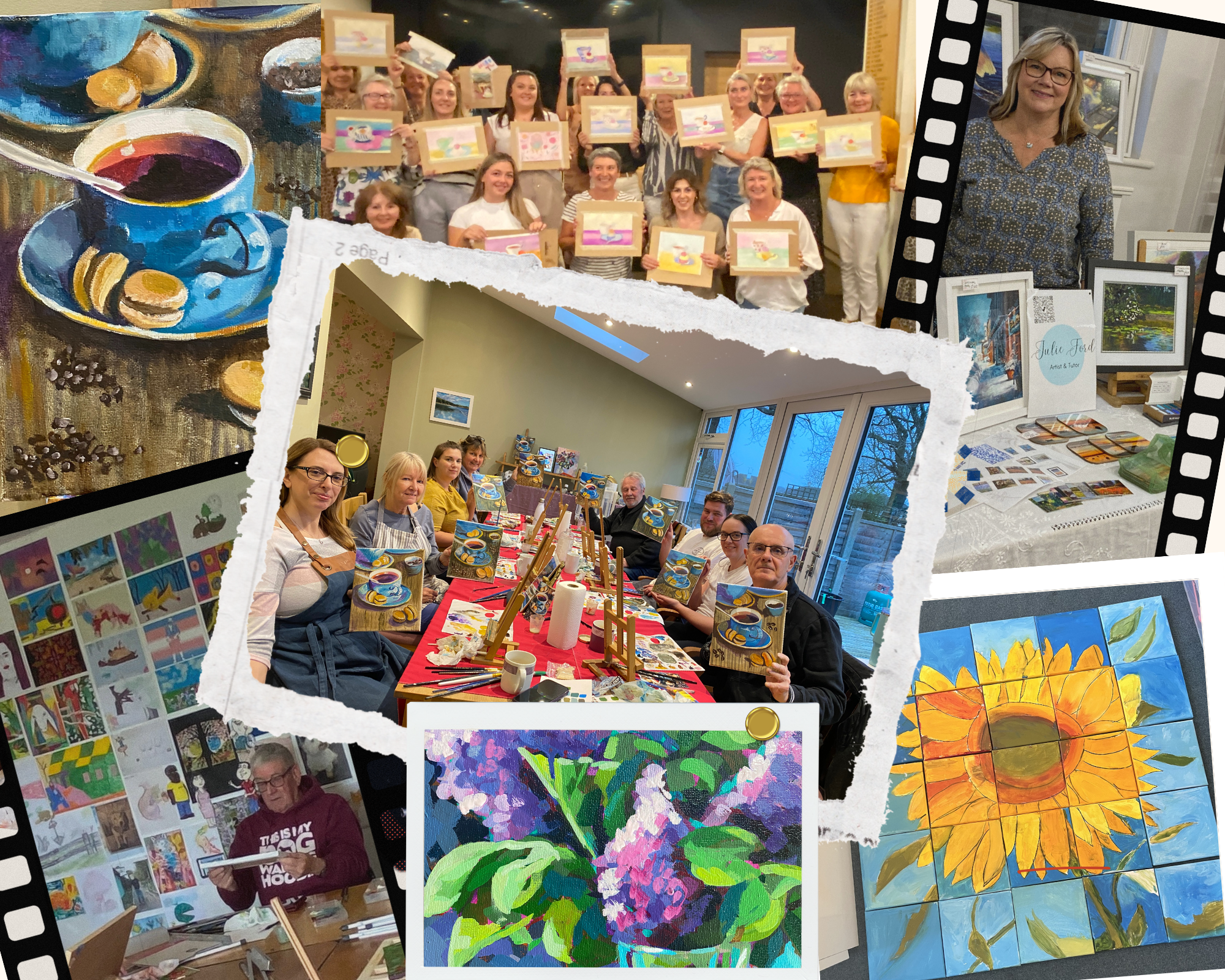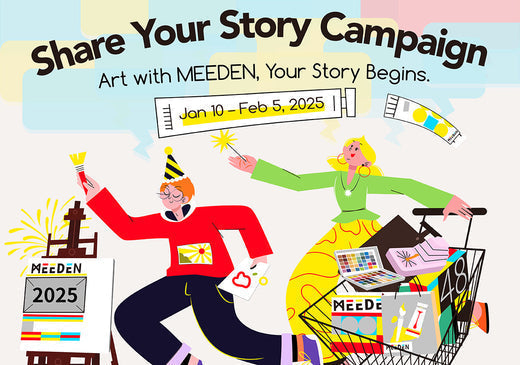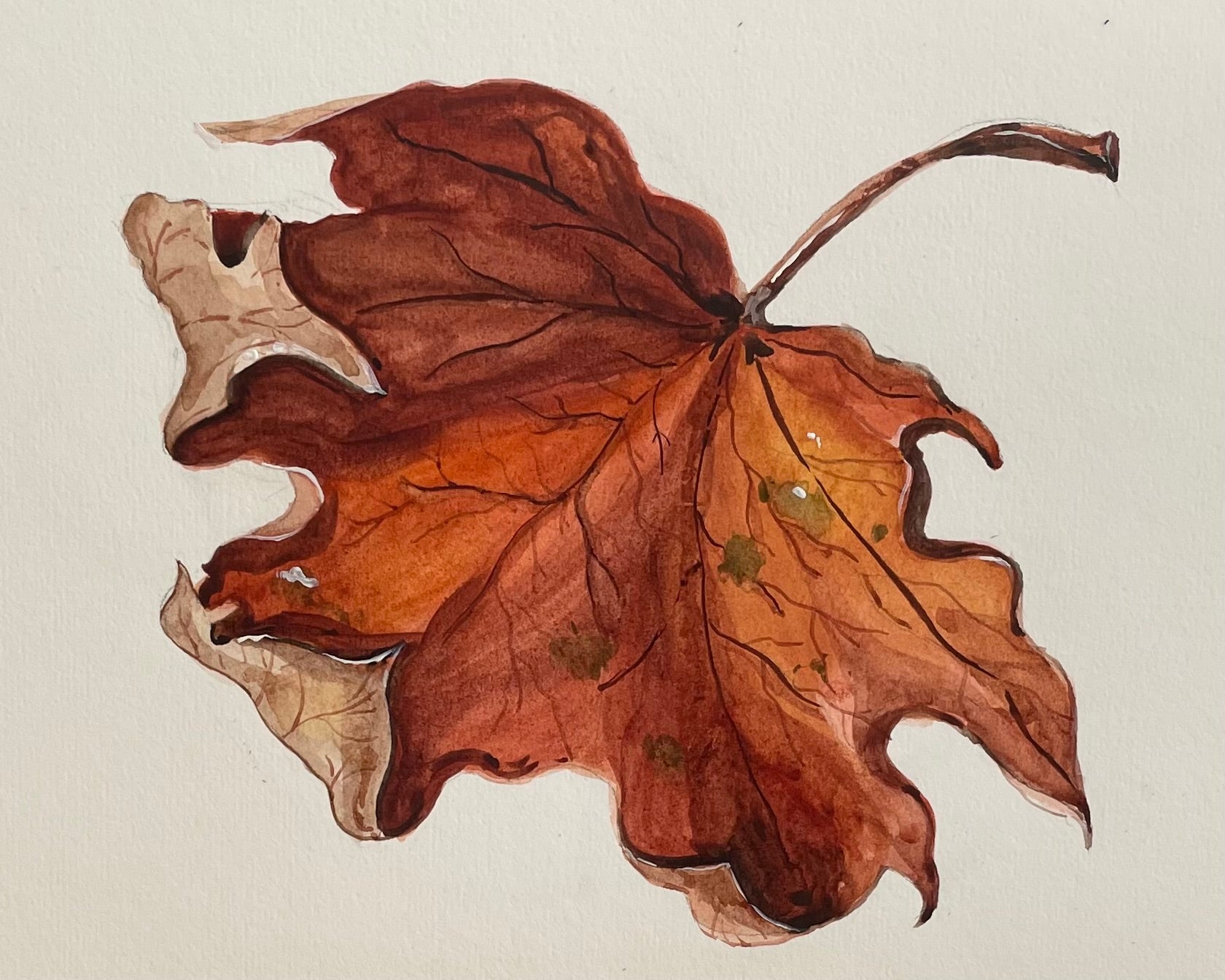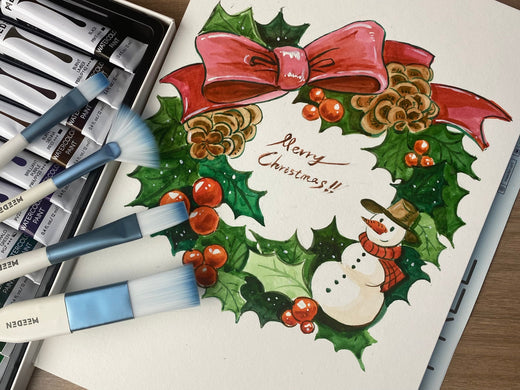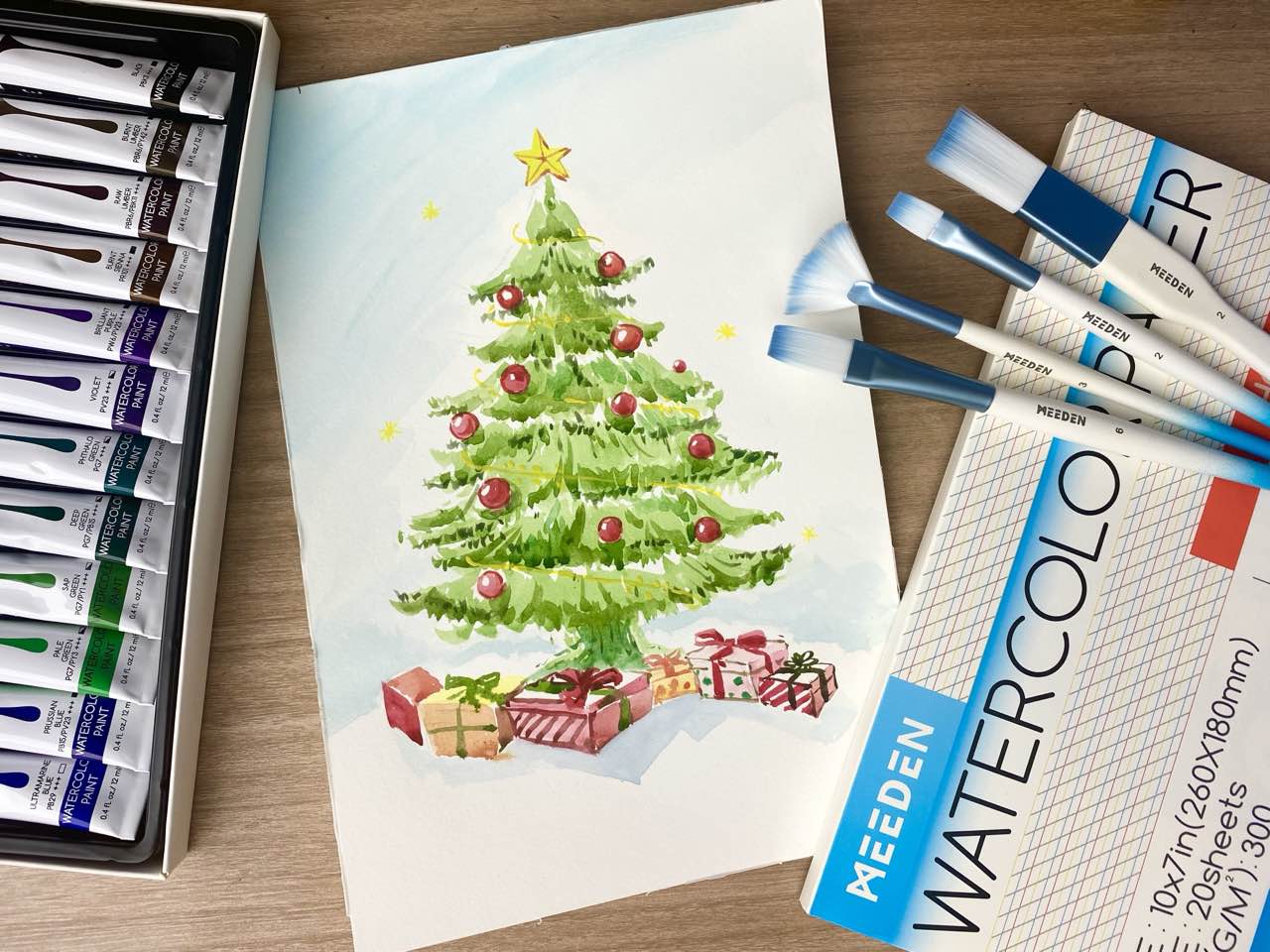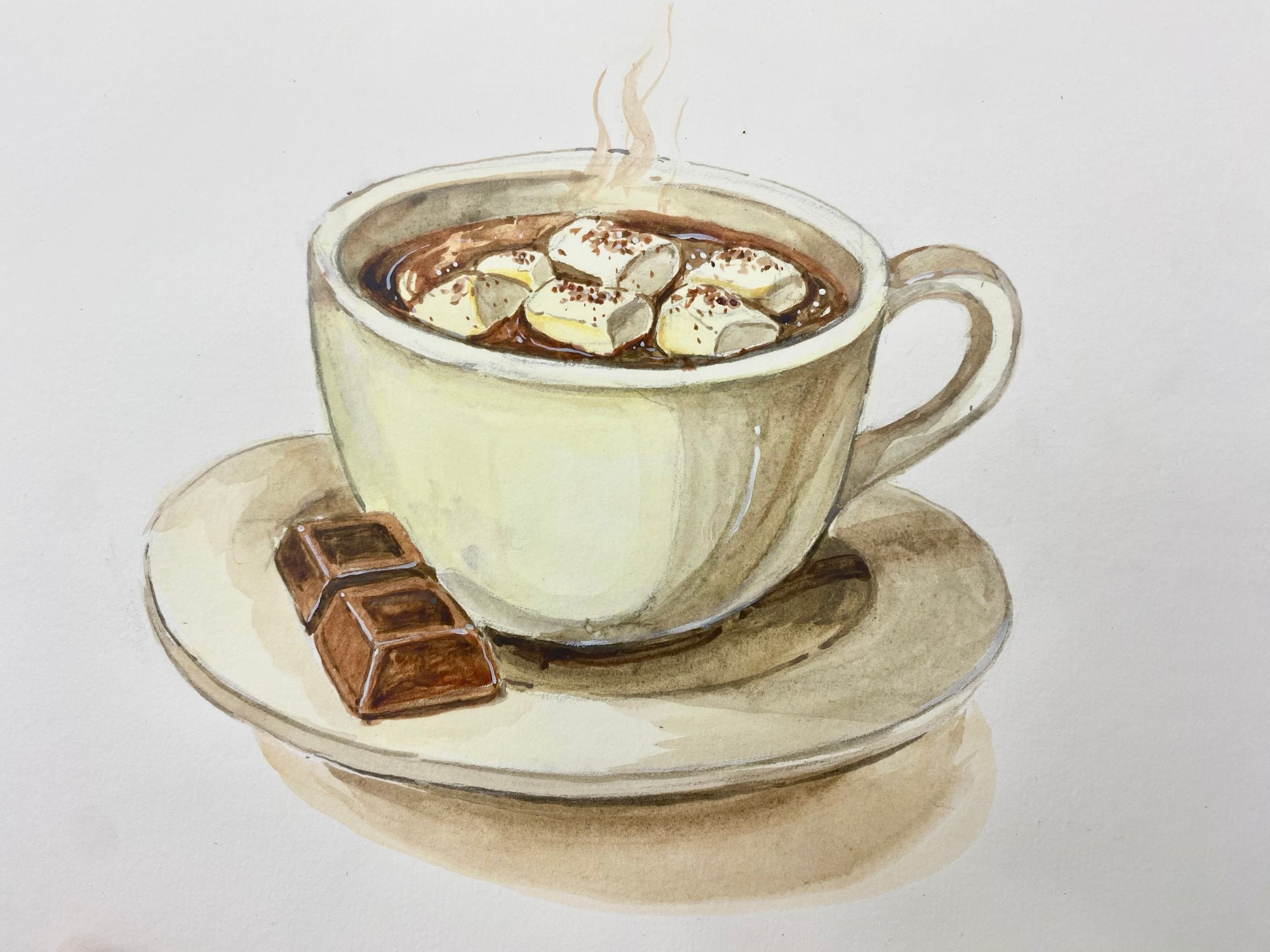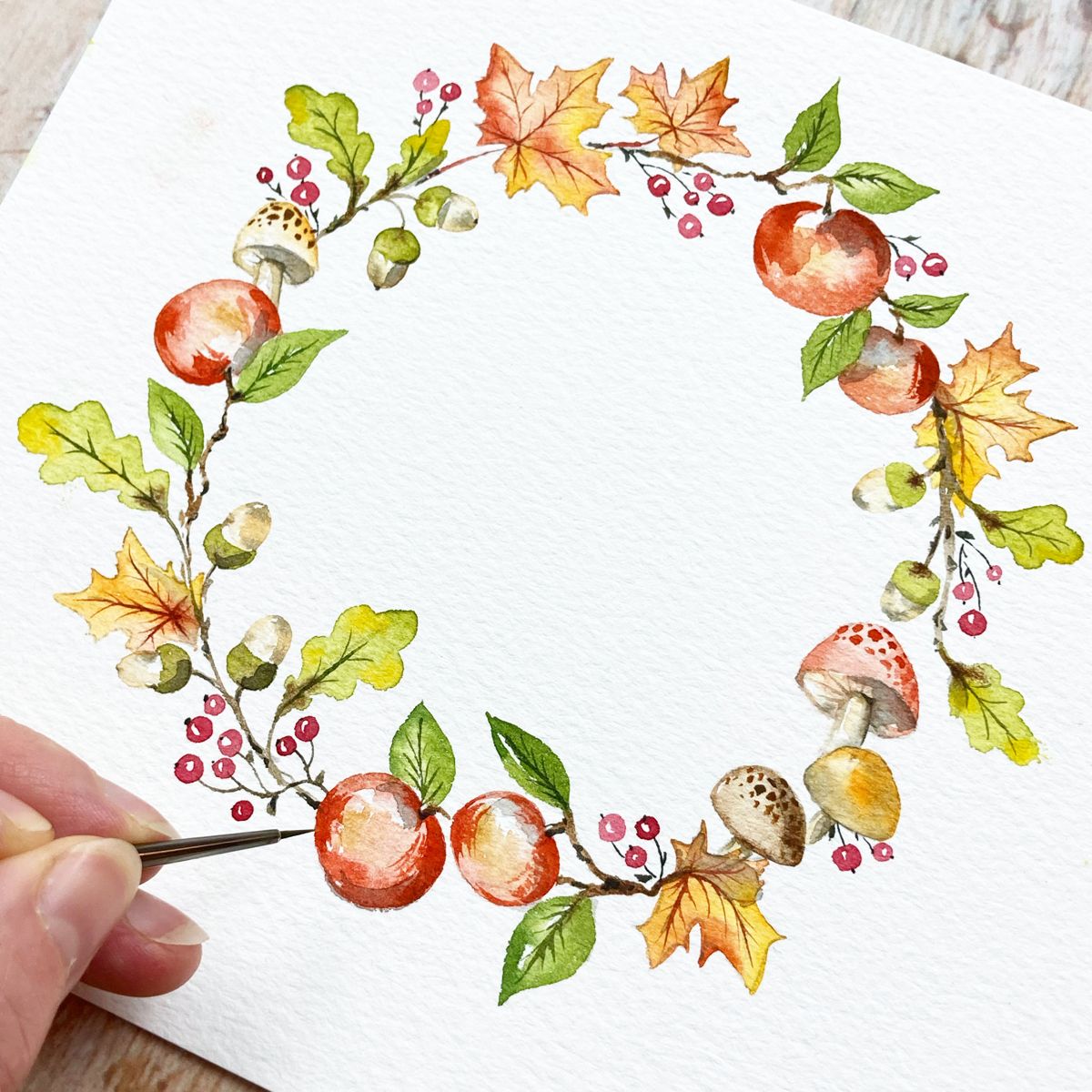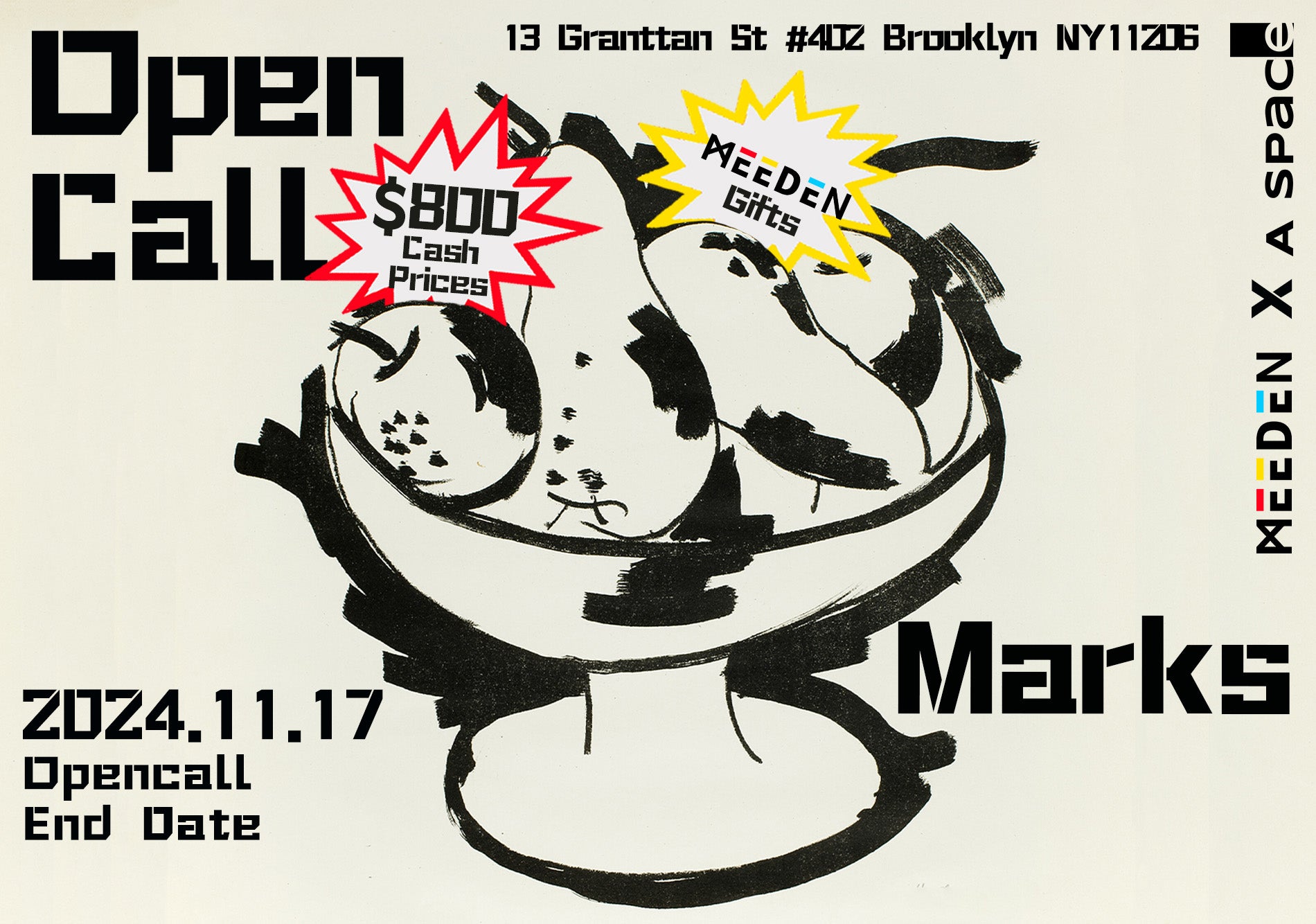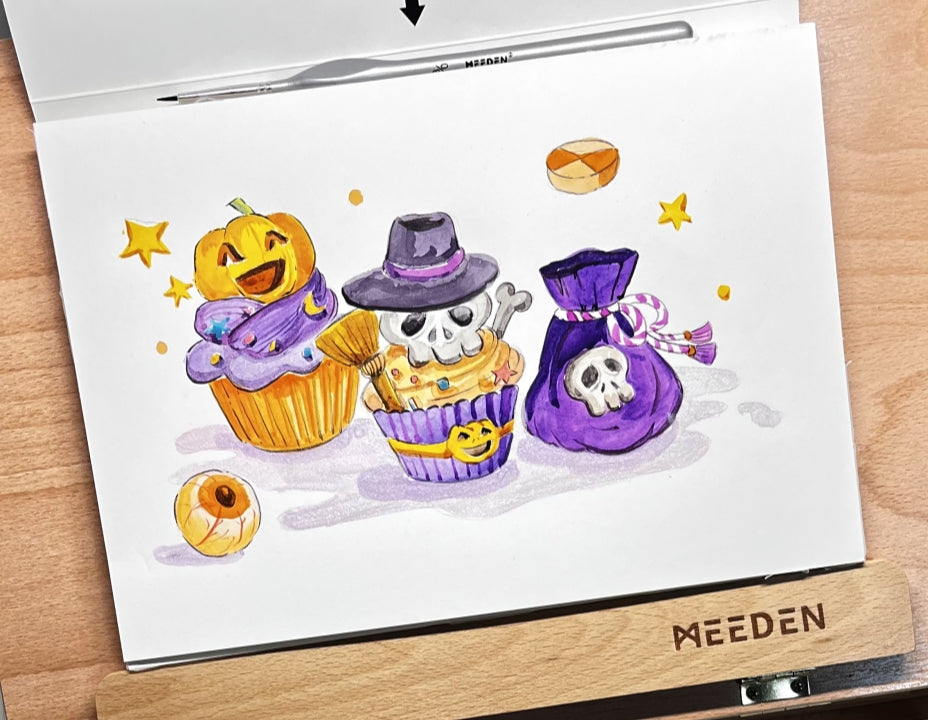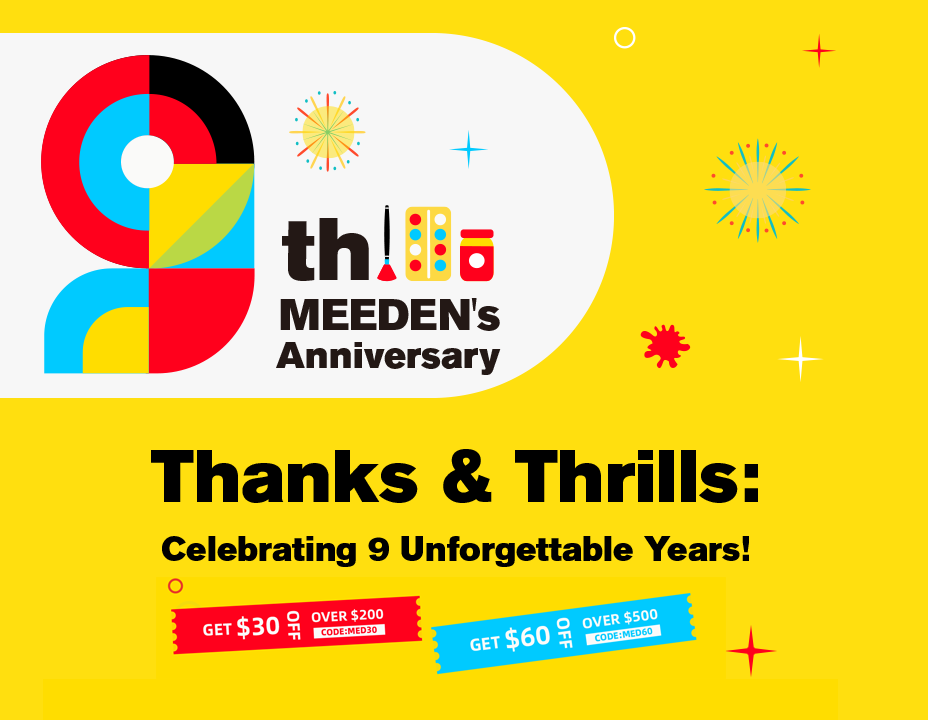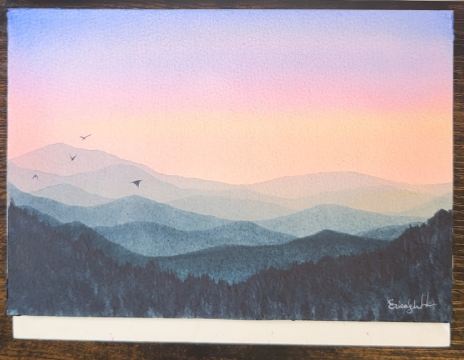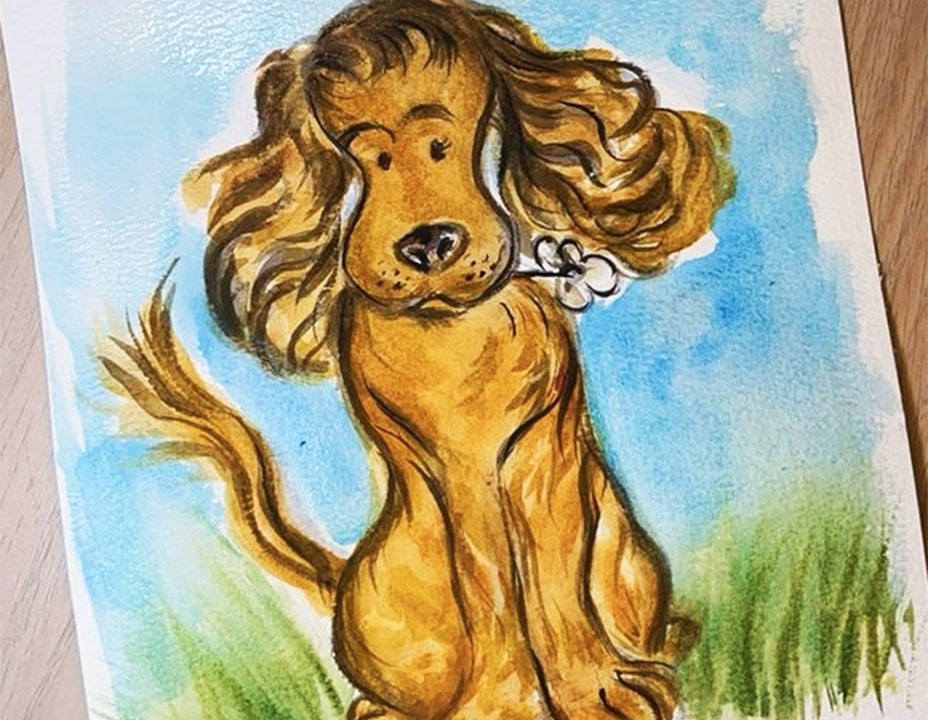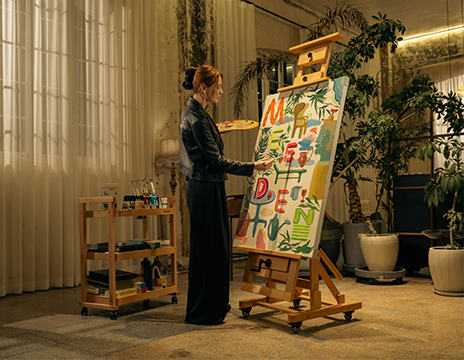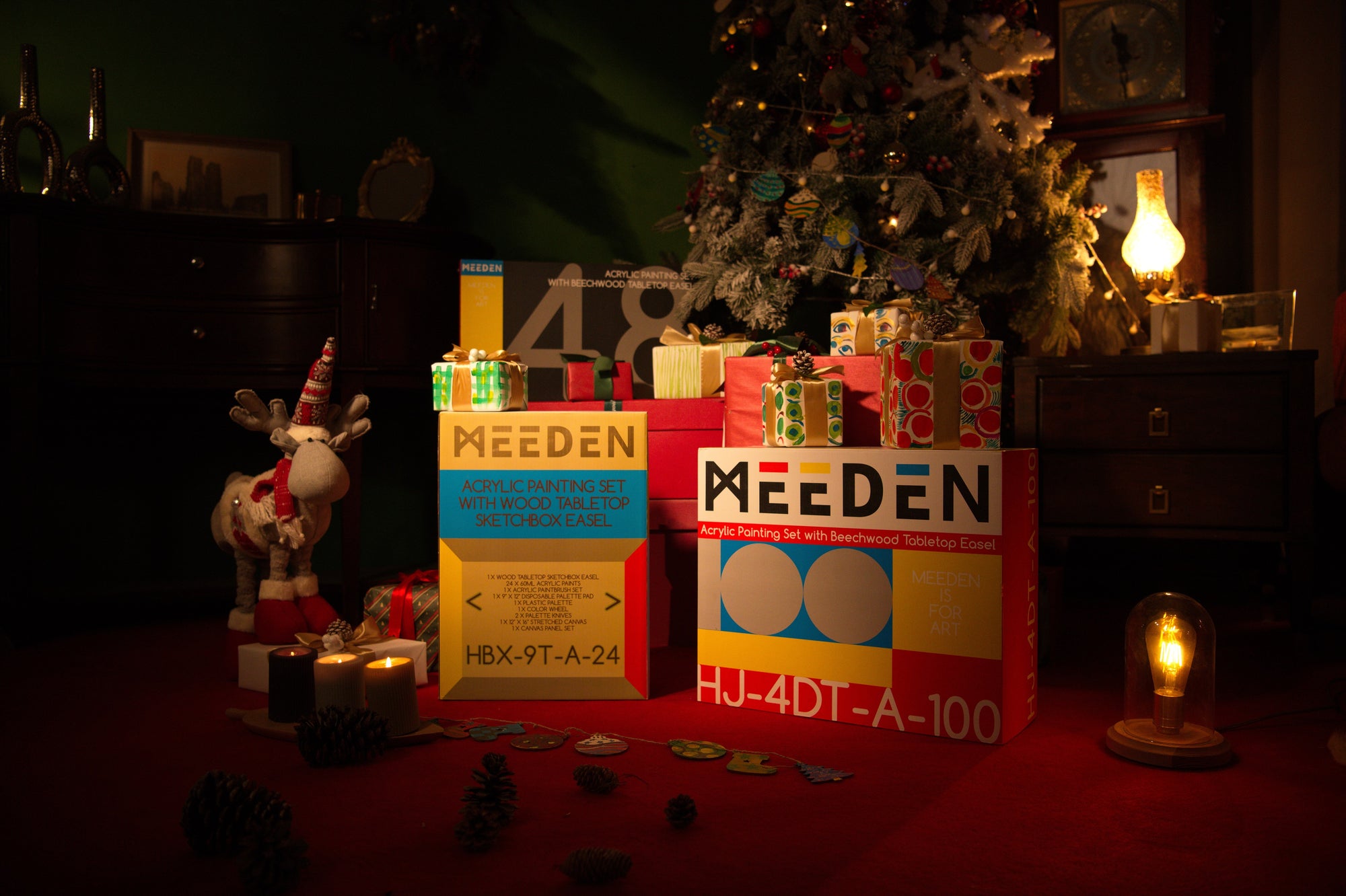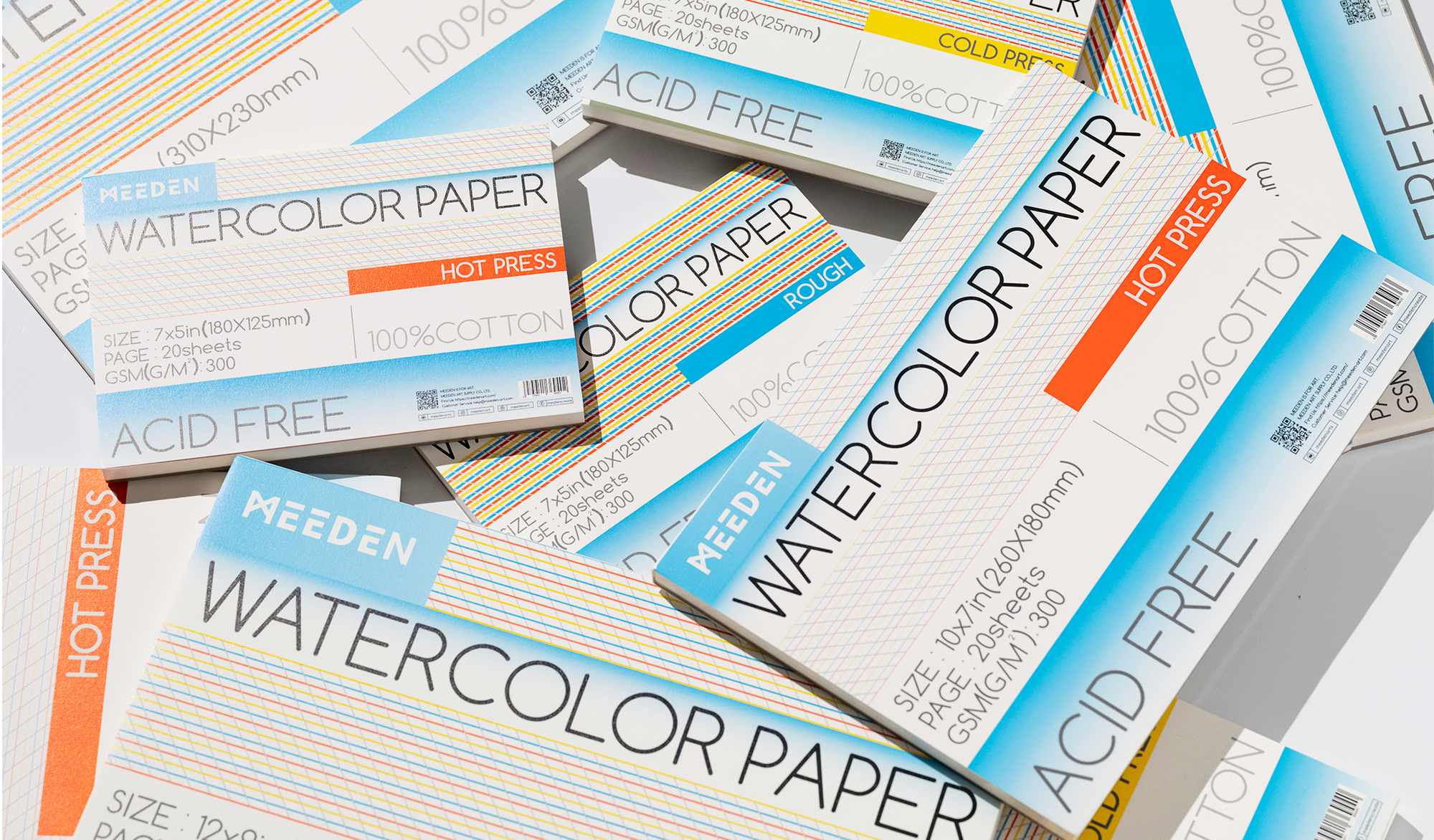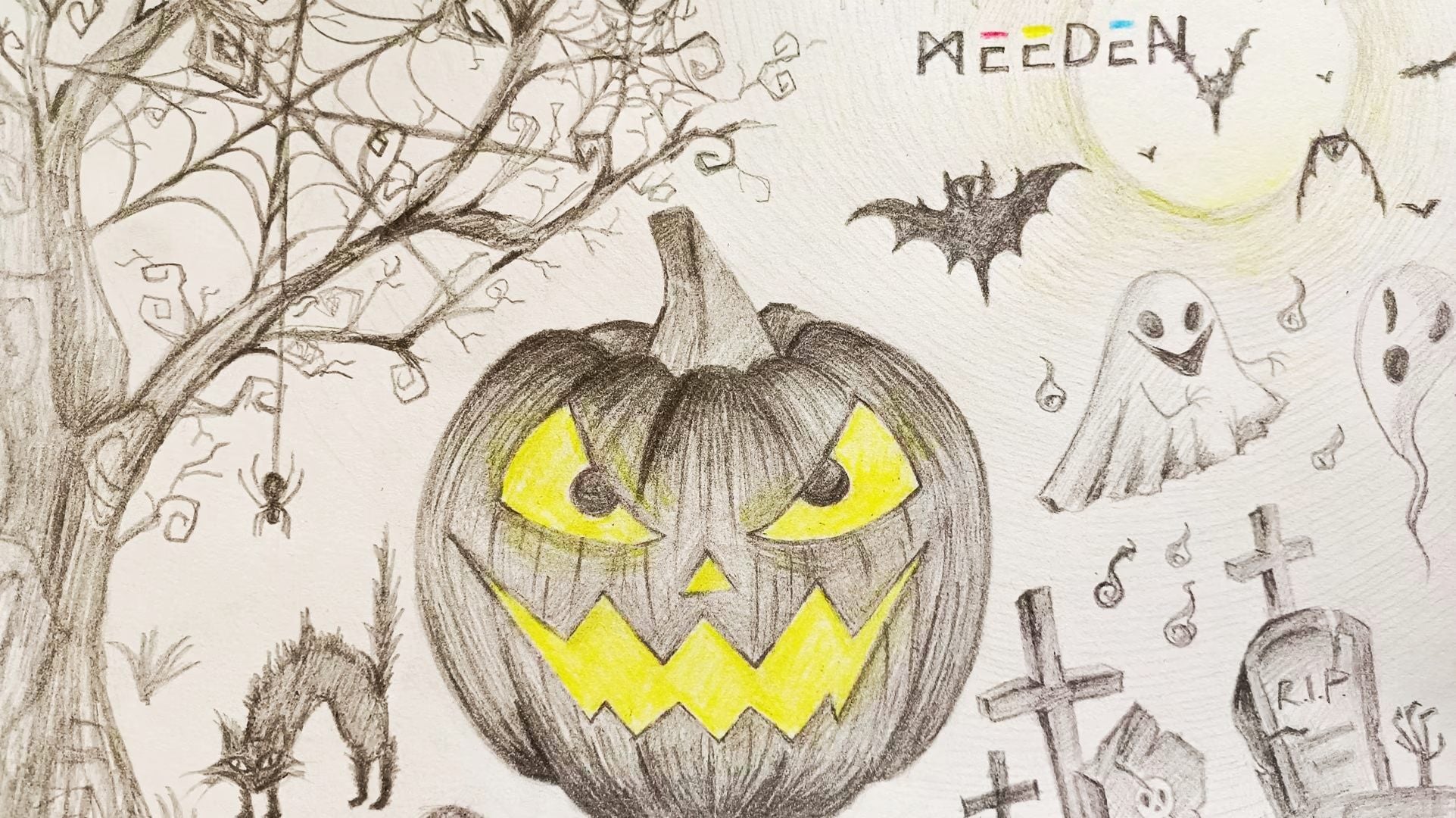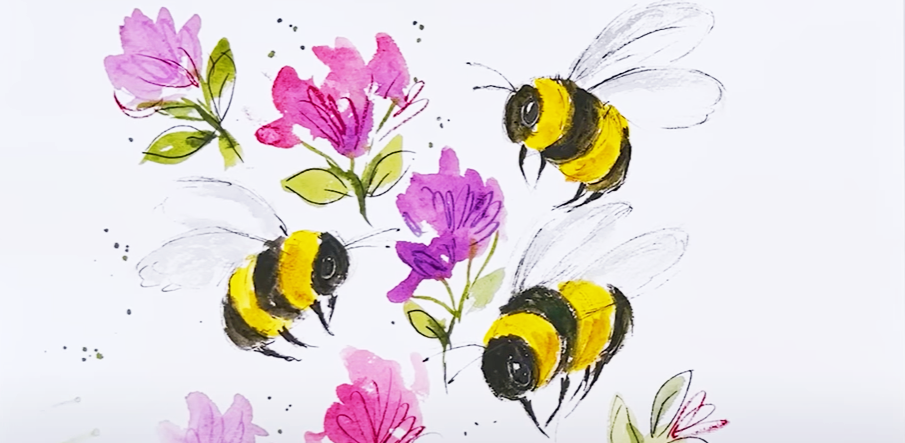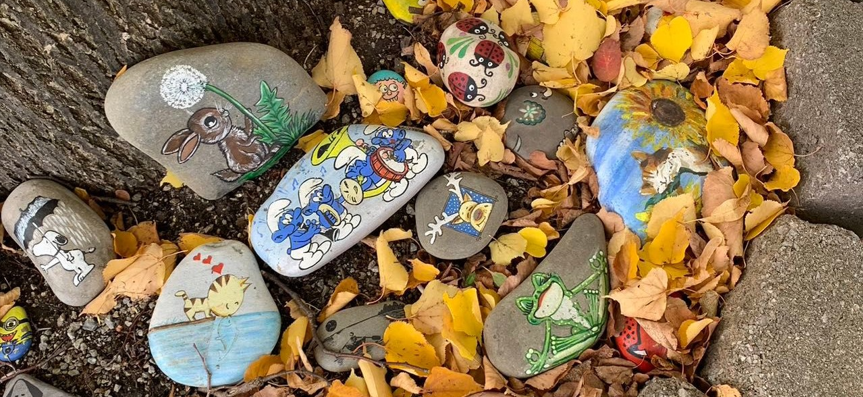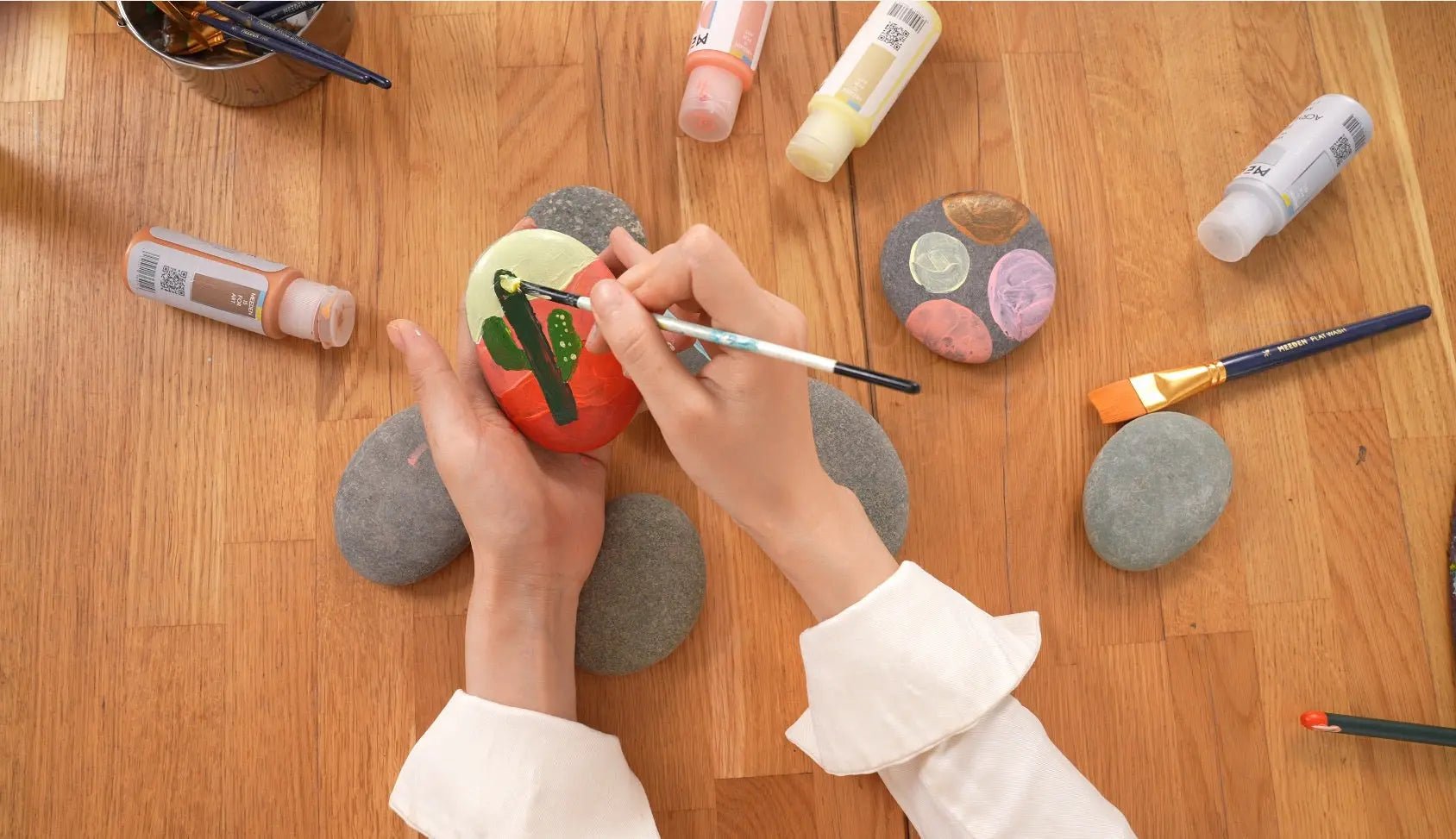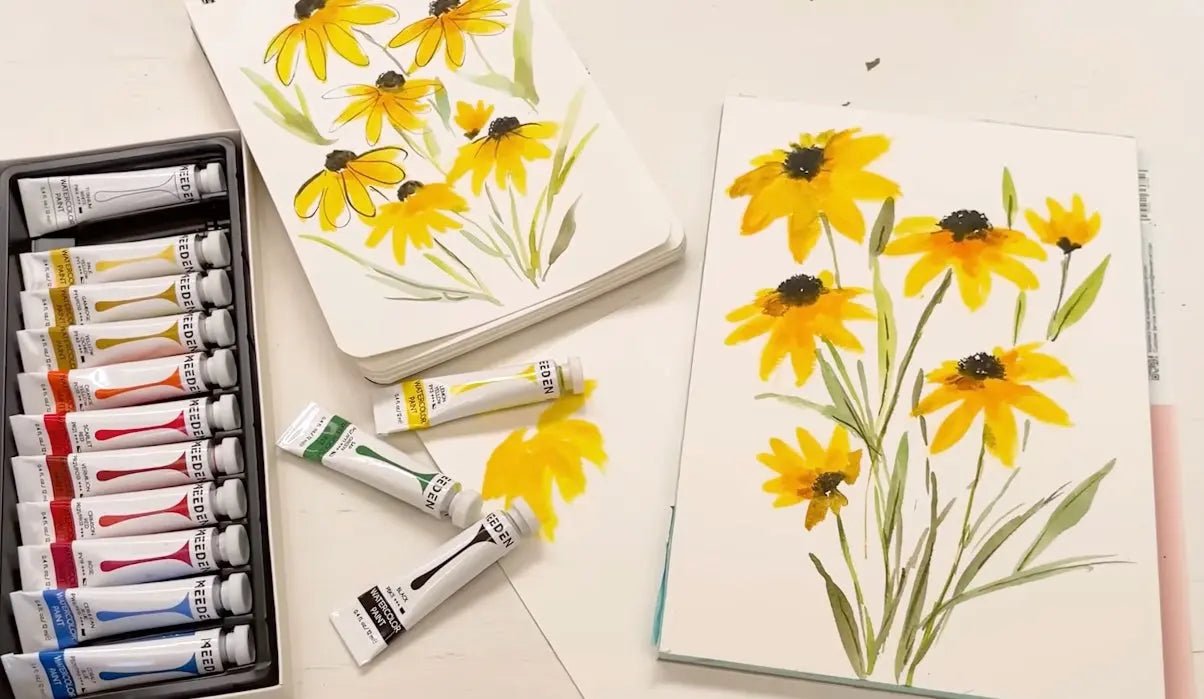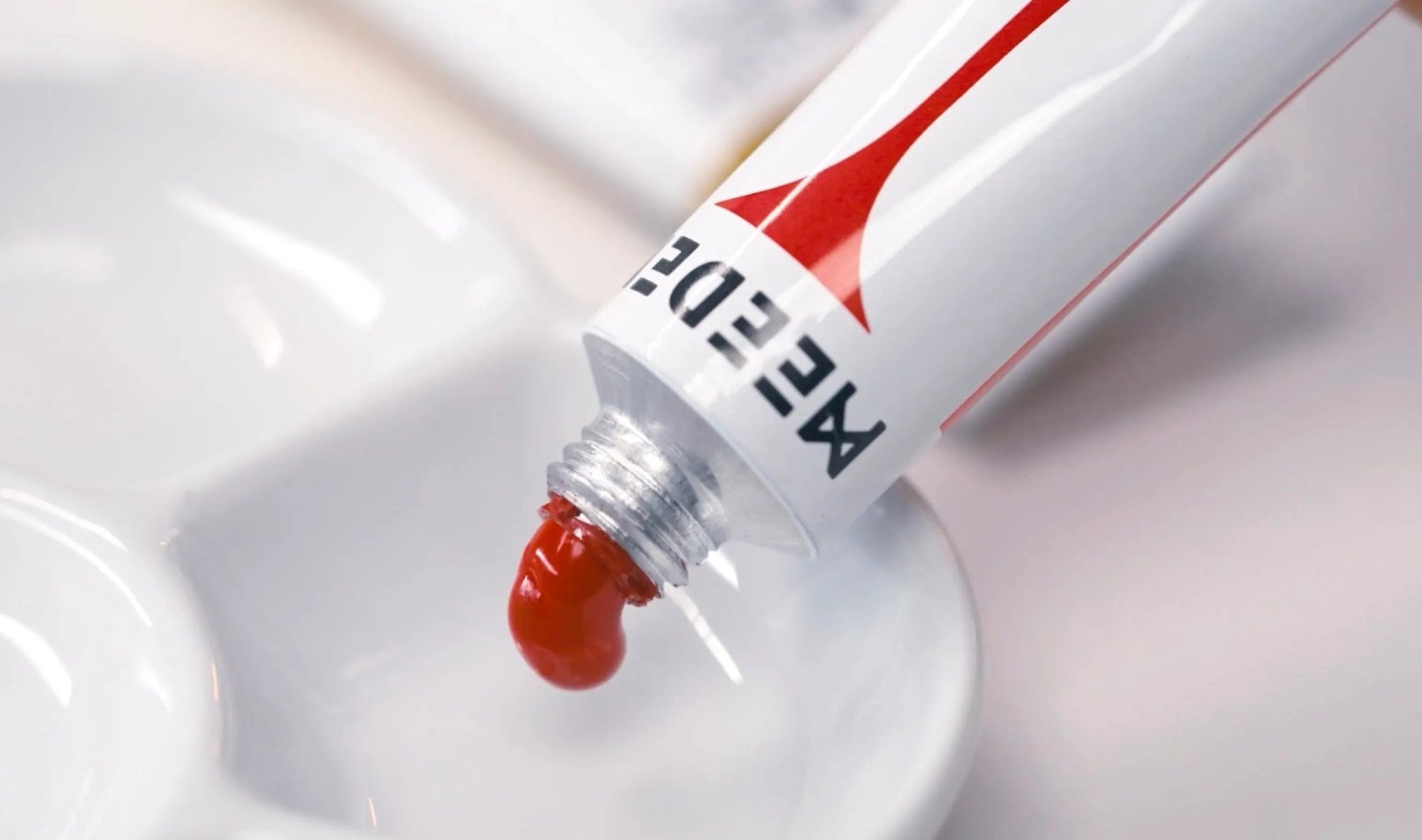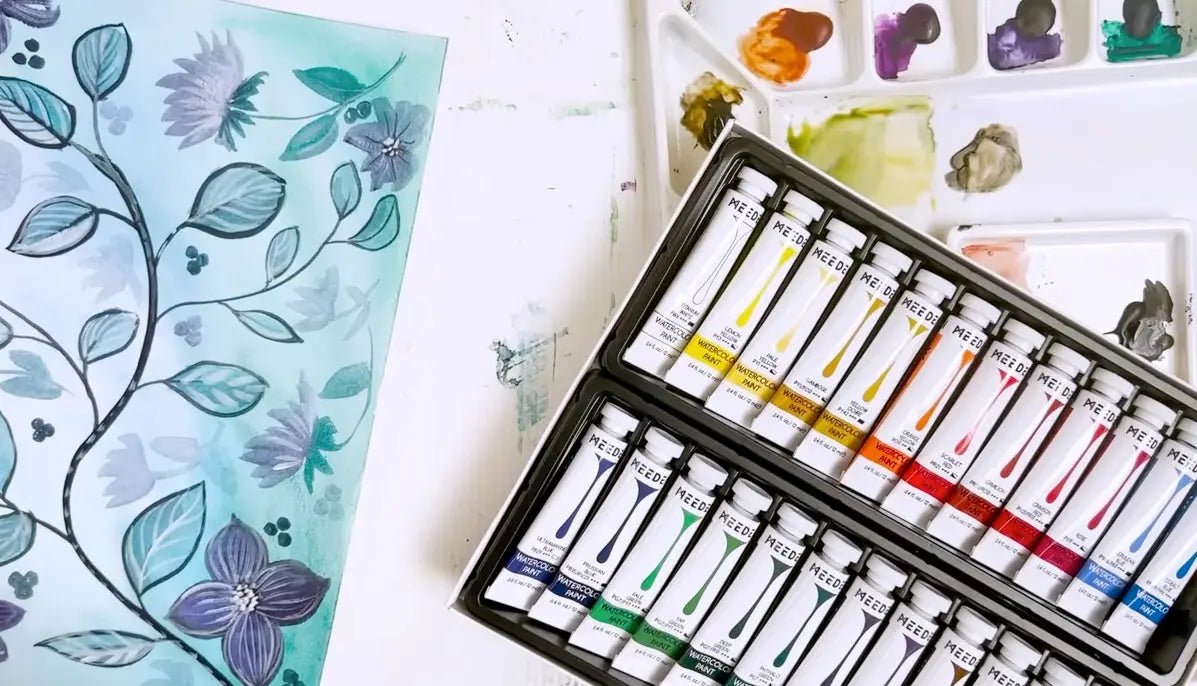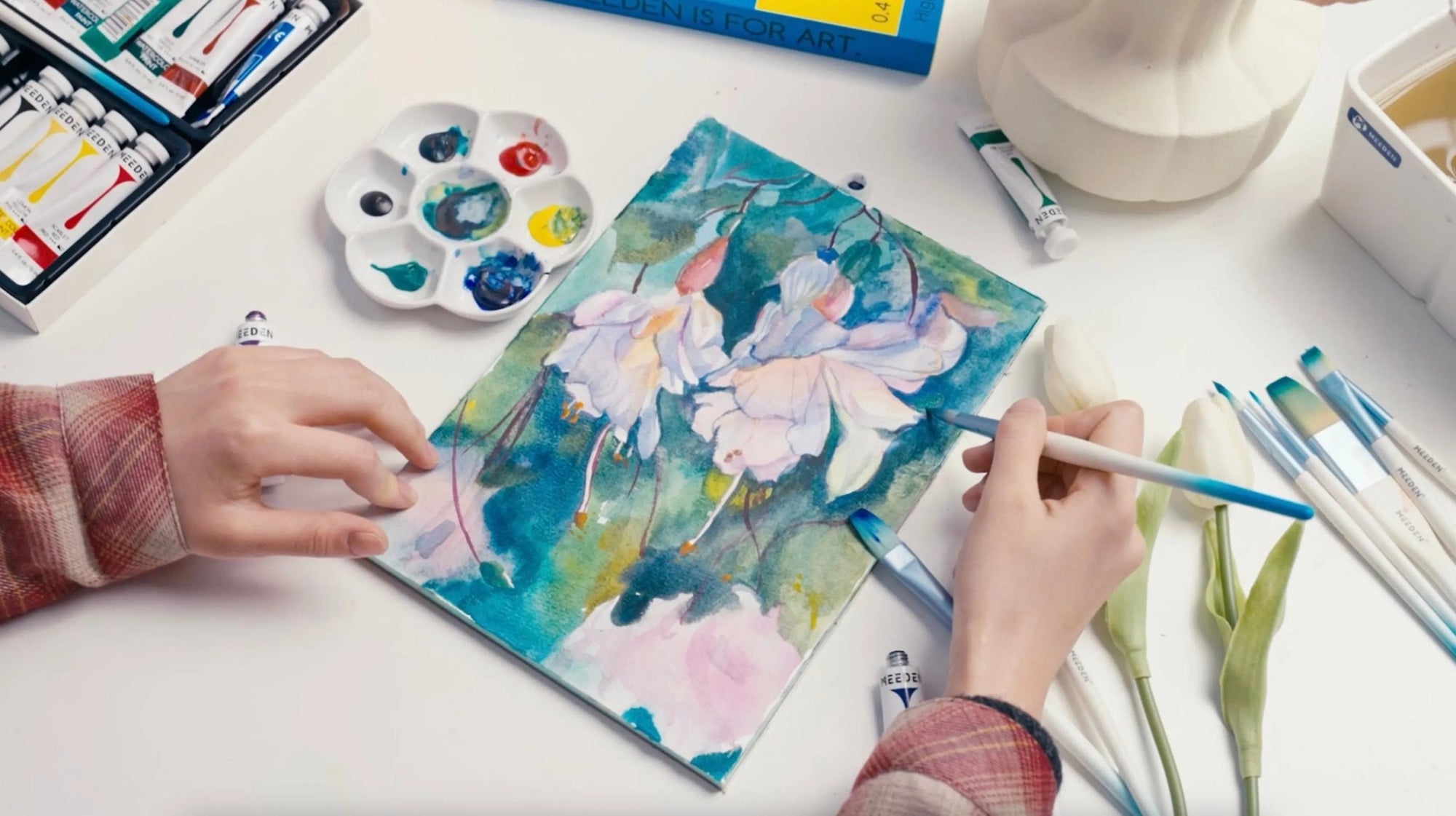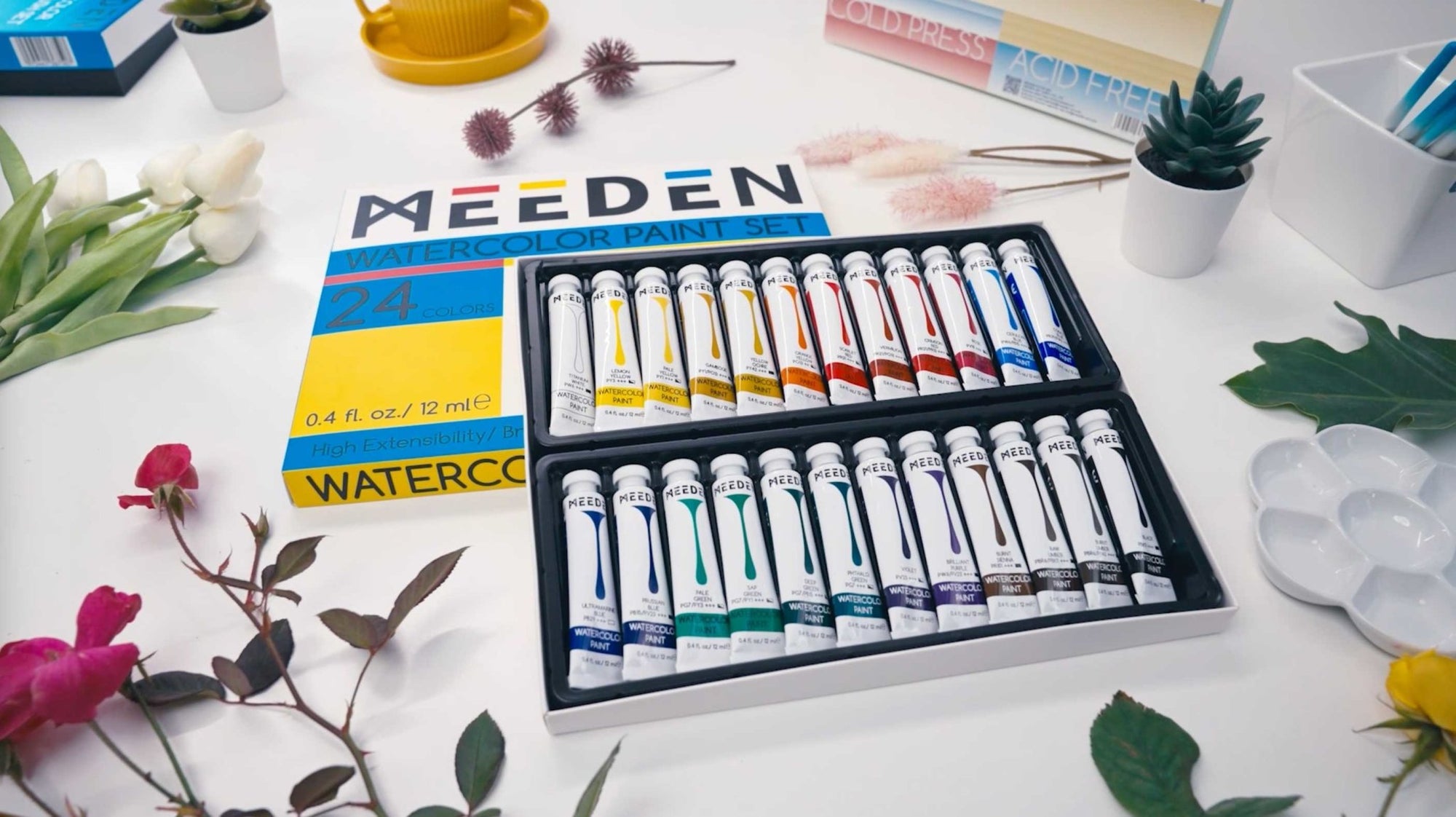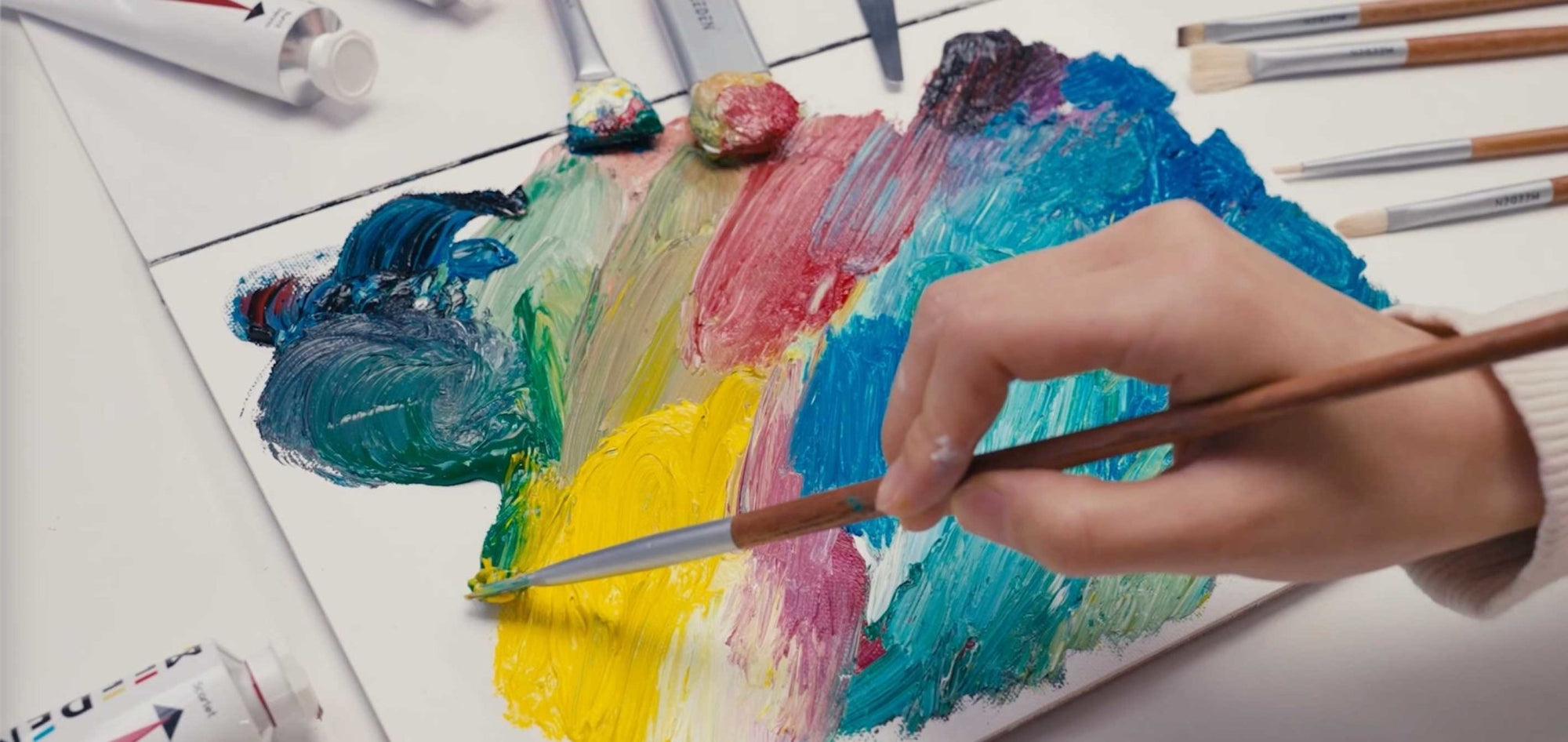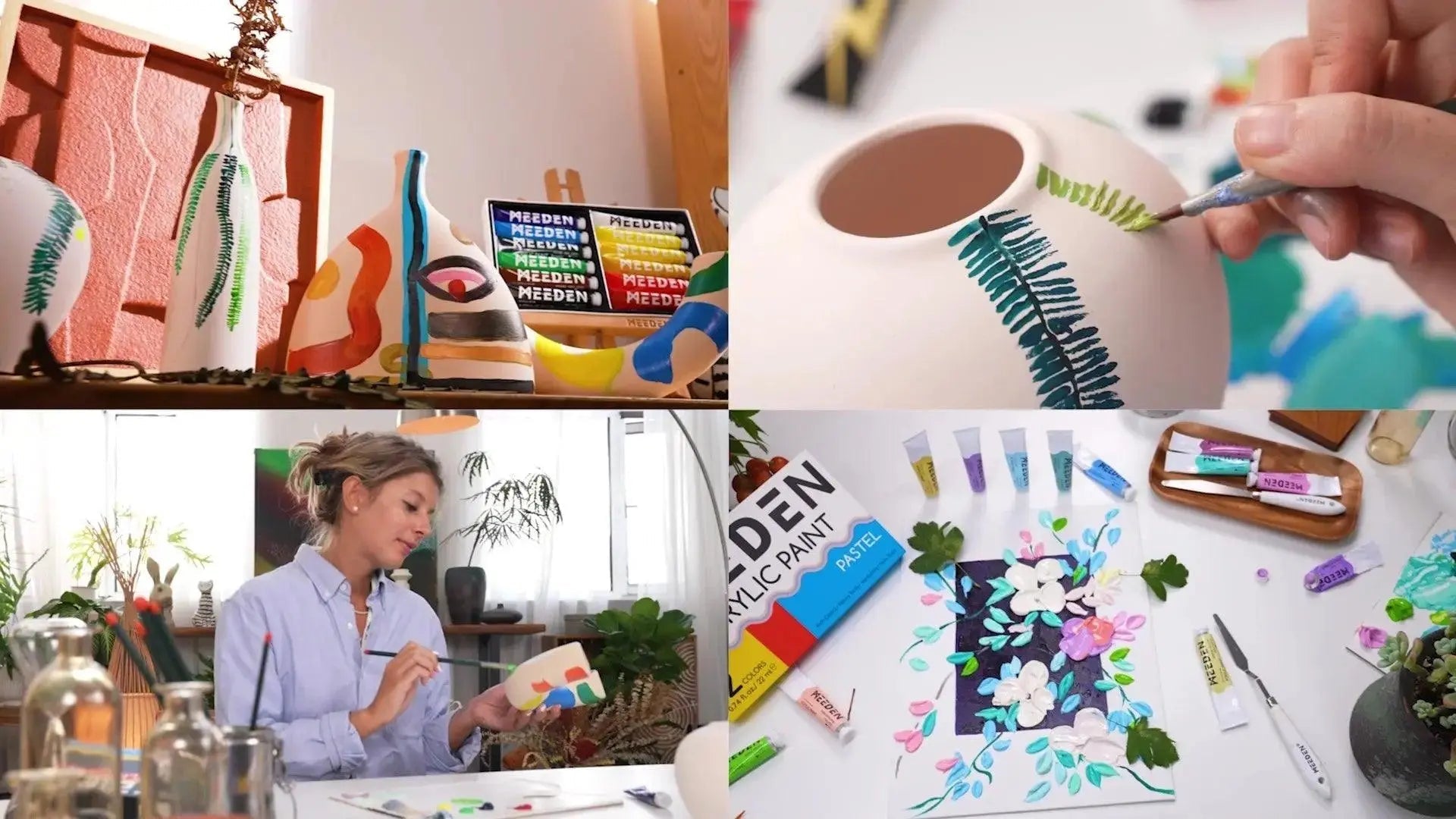Acrylic Paint
Acrylic paint is considered one of the easiest painting media to use, partially due to their make up. Acrylics are water-based, which means not only can they be used at various densities simply by diluting with water, they can also be cleaned up with water, making them relatively risk-free as far as your hands, carpet, and surrounding fabrics are concerned.

Another quality of acrylic which is sometimes beneficial is their drying time. Acrylics dry very quickly, which allows the artist to layer colors in a short period of time without the colors mixing on the canvas, and shortens the wait time between finishing the piece and display. This is not always an advantage, however, since some artists want to create new tones and shades on the canvas. There are additives that keep the paint wet for longer, but they take some experimentation; adding too much can result in a permanently tacky surface.
Oil Paint
One of the best known painting media, oil is a slow-drying paint made from pigments mixed with oil - generally linseed. Solvents such as turpentine can be added to alter the viscosity of the paint, and varnish is often applied on top of the artwork to increase glossiness. Oil paints as an artistic medium became popular in the 15th century, and shortly after they surpassed tempera as the most used media.

Oil paints require a "drying oil" that will eventually harden (unlike some oils). Such oils require a high level of polyunsaturated fatty acids. Unlike water-based paints, oil paints do not dry due to evaporation, but rather because of "polymerization," which transforms them into a dry semisolid. Because this type of "drying" takes longer than acrylics or other water-based paint, the artist can develop and revise paintings slowly and deliberately, often with months available for alteration.

Watercolor Paint
Watercolor paints are made by mixing powdered pigment with a water-soluble carrier. Because these paints are little more than carrier and powder, the colors tend to appear very luminous - no fillers impair the final hues. Watercolor paint is usually used on a thick, textured paper widely known as "watercolor paper", though papyrus, vinyl, fabric, and canvas can be used as well.

Due to their high water content, watercolor paints immediately stain the paper when applied. For this reason, they are nearly impossible to completely cover with another color, or remove from the surface, unlike acrylics. Also due to their translucency and thinness, a white color paint is not made. Parts of a watercolor picture that are required to be white are generally left unpainted.
Many watercolor artists also use watercolor pencils or pastels. Though they look like pencil crayons or regular pastel chalks, these water-soluble colors can be used to draw fine details on paper. Water is then added to blend the colors. Other techniques used include "wet in wet", and "drybrush."
Gouache
Gouache paint is similar to watercolor paint in that it is water-based, but it is opaque instead of transparent. It is often used on paper and is ideal for creating flat, bold areas of color. Gouache paint can be easily mixed to create a wide range of colors and is known for its ability to produce a matte finish. Because of its opaque nature, gouache paint is well suited for illustrations and designs that require a high degree of precision and control.

In summary, acrylic paint is versatile and fast-drying, oil paint is slow-drying and blendable, watercolor paint is translucent and fluid, and gouache paint is opaque and matte. Each of these paints has unique features that make them well suited for different types of artwork and techniques.







